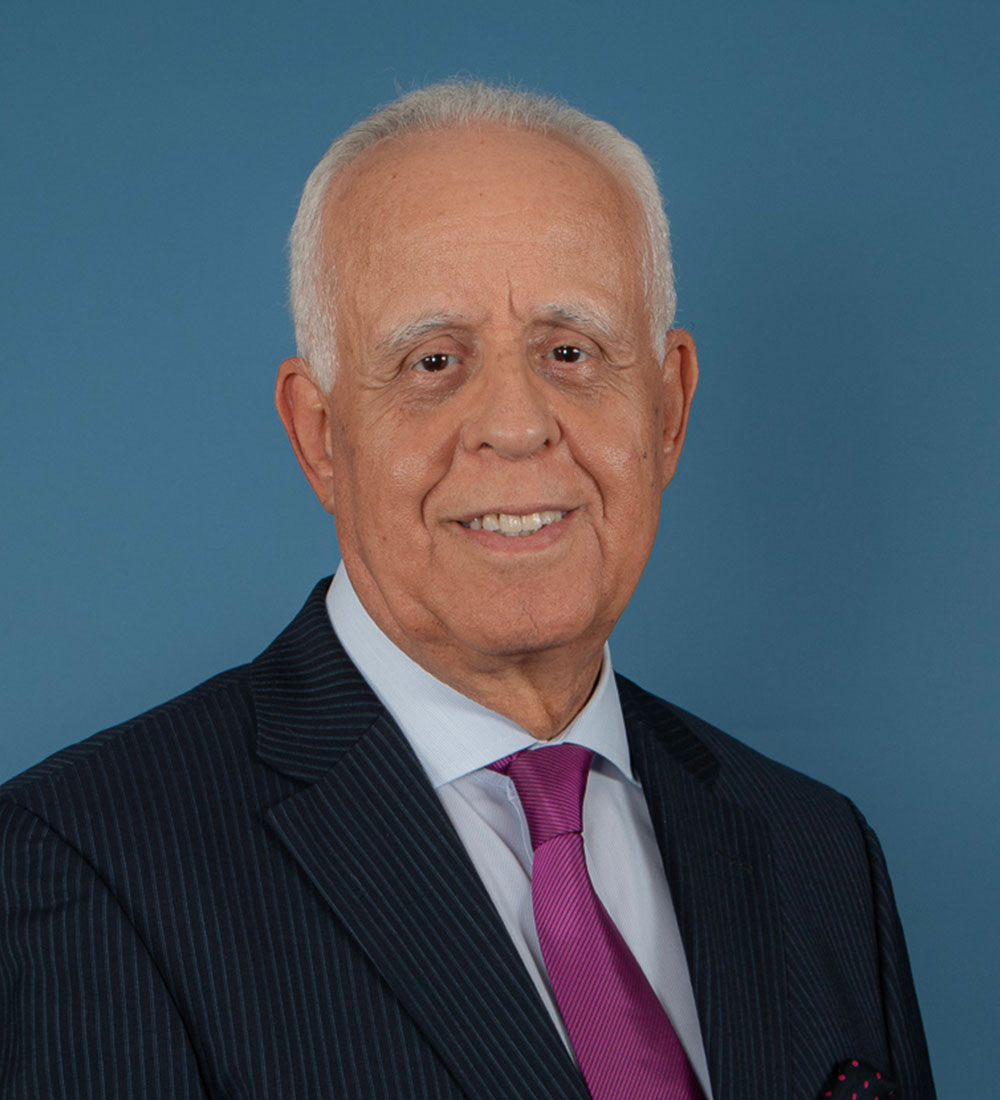


The 11th Edition of the Atlantic Currents brings a deeper and renewed focus on the various forces shaping the Afro-Atlantic region, highlighting critical intersections that affect both coastal and landlocked nations. A key component is the International Atlantic Initiative, led by His Majesty, which envisions the Atlantic as “a dynamic platform for human interaction and economic integration”, a cooperative framework that extends benefits and strategic opportunities to landlocked Sahelian countries, thus enabling them to overcome the structural impediments to their economic and social development. The report addresses a wide range of regional dynamics, including economic integration, enhanced digital trust, and pressing social and security challenges. The 2024 edition of Atlantic Currents explores how Atlantic nations can collaborate effectively to surmount the persisting obstacles, enhance stability, and pursue sustainable growth opportunities for all. The session aims to stimulate discussions around a shared vision for the region, drawing on diverse perspectives to emphasize cooperation, fostering a more resilient and interconnected wider Atlantic.
Questions:
- How can Afro-Atlantic nations collectively address economic nationalism and foster inclusive regional economic growth?
- What are the main geopolitical and security challenges facing the Atlantic Basin, and how can regional alliances respond?
- How can migration, energy cooperation, and social development be leveraged to build resilience across Afro-Atlantic countries?
Moderator

Speakers
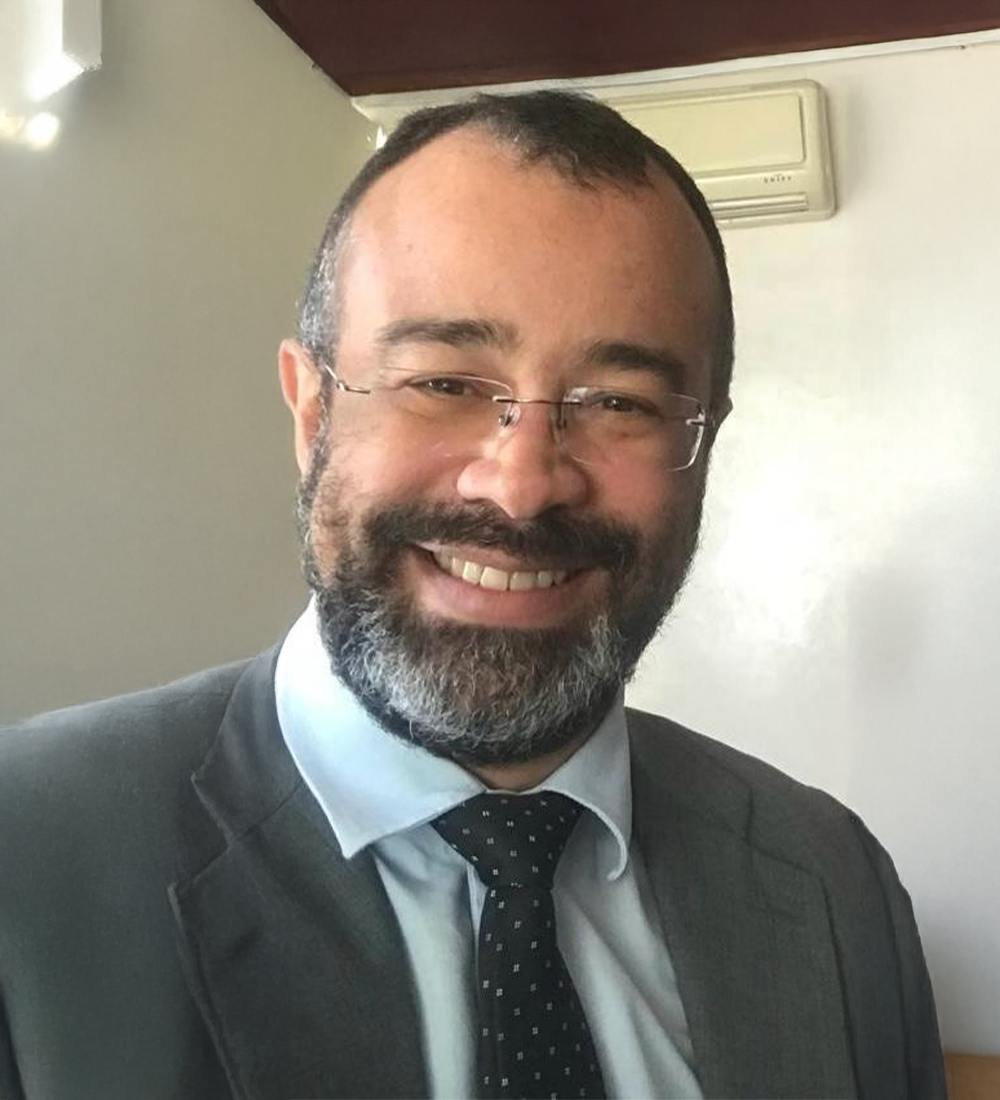
Researcher, Brazilian Defense College
Brazil
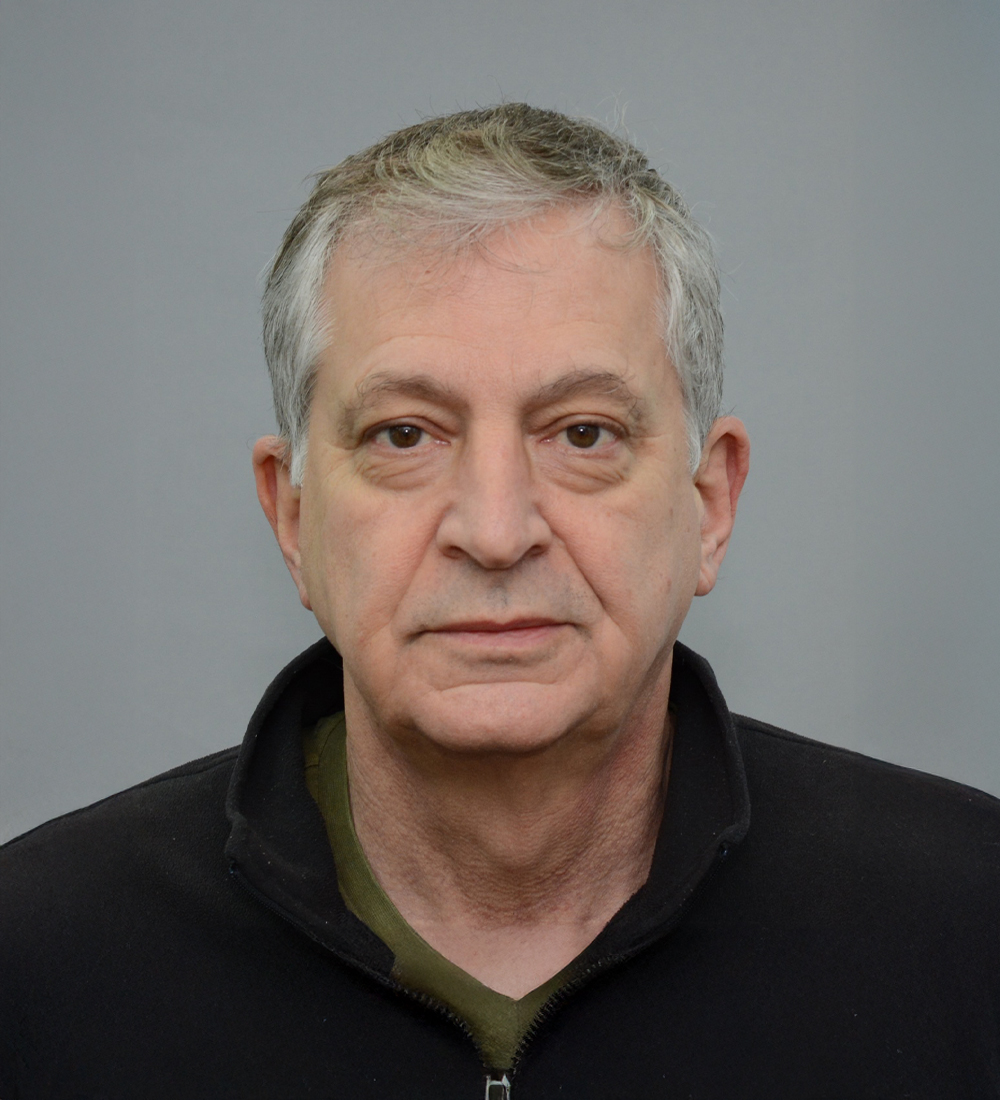
Research Fellow, New South Institute
South Africa


Moderator
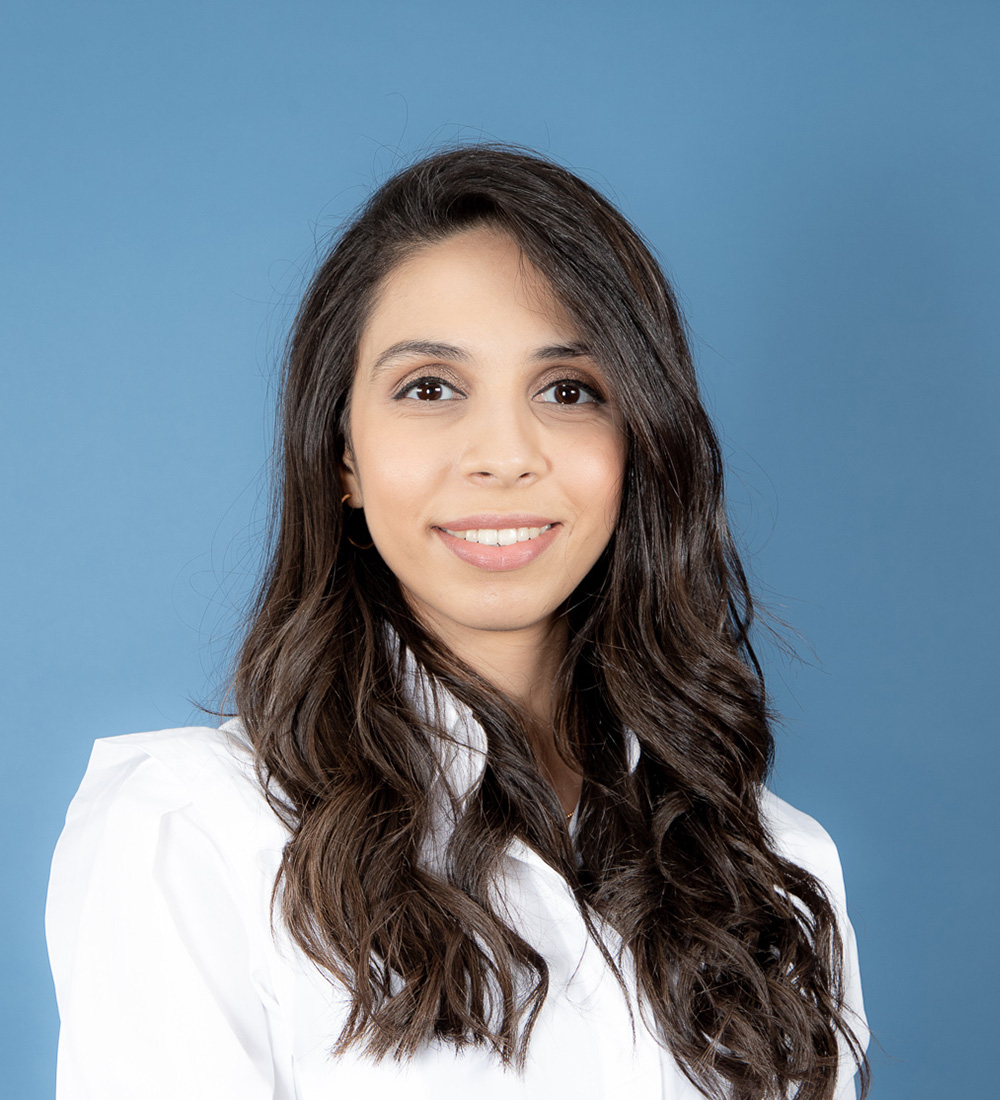
Moderator
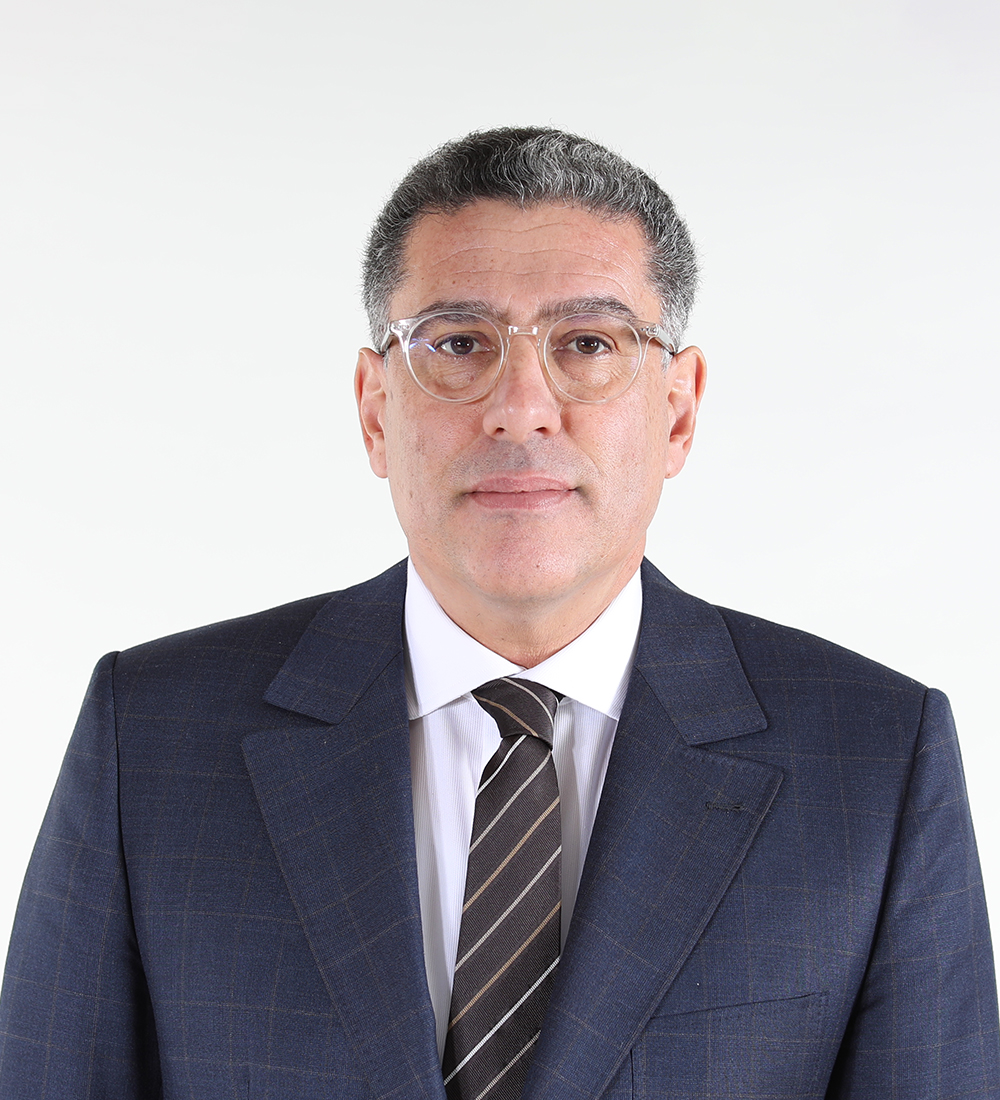
Moderator
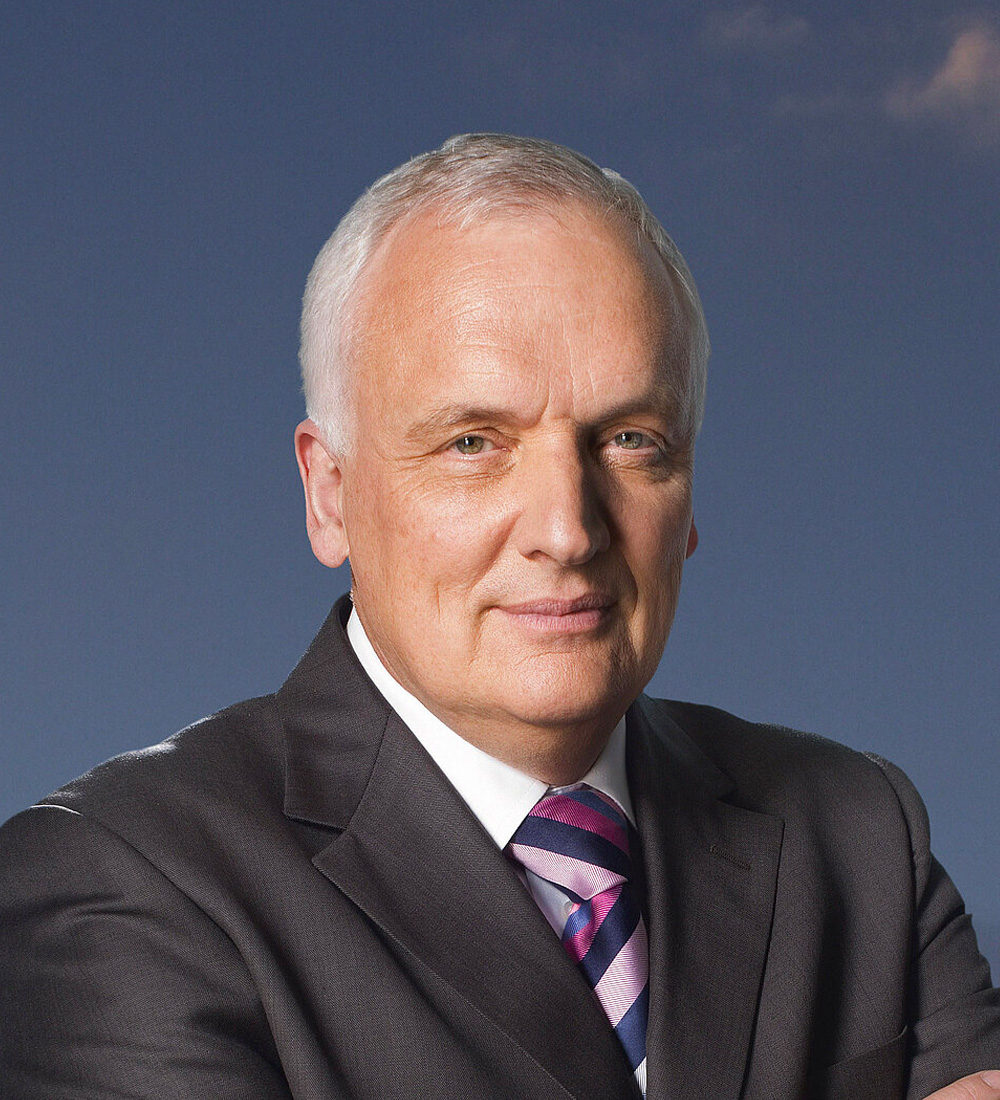
For many years, Atlantic cooperation has largely been driven by the northern nations, with limited initiatives addressing the aspirations of the South. In response to this imbalance, Morocco has launched a visionary initiative aimed at strengthening Atlantic cooperation, particularly among Sahel countries. The objective is to leverage Morocco's experience, expertise, and infrastructure to support the development of these landlocked nations, often isolated from larger global dynamics. This initiative represents a pragmatic approach to fostering development in an unstable region, where security concerns often stem from uncertain economic prospects. It aligns with the growing desire among African nations to chart their own path toward sustainable development and regional integration. By creating an opportunity for Sahel countries to connect with the strategic and prosperous Atlantic basin, the initiative seeks to unlock vast potential for the African continent. Moreover, the initiative complements existing Atlantic cooperation frameworks, striving to create an inclusive, balanced, and integrated space for Atlantic nations, both from North and South. It opens new possibilities for the Sahel region to benefit from the Atlantic's economic and security prospects, while fostering a Southern-led vision of cooperation.
Questions:
- How does Morocco’s initiative promote a new model of Atlantic cooperation?
- How can this initiative complement existing North-driven Atlantic frameworks?
- In what ways can it stimulate a Southern, homegrown approach to Atlantic cooperation?
Moderator
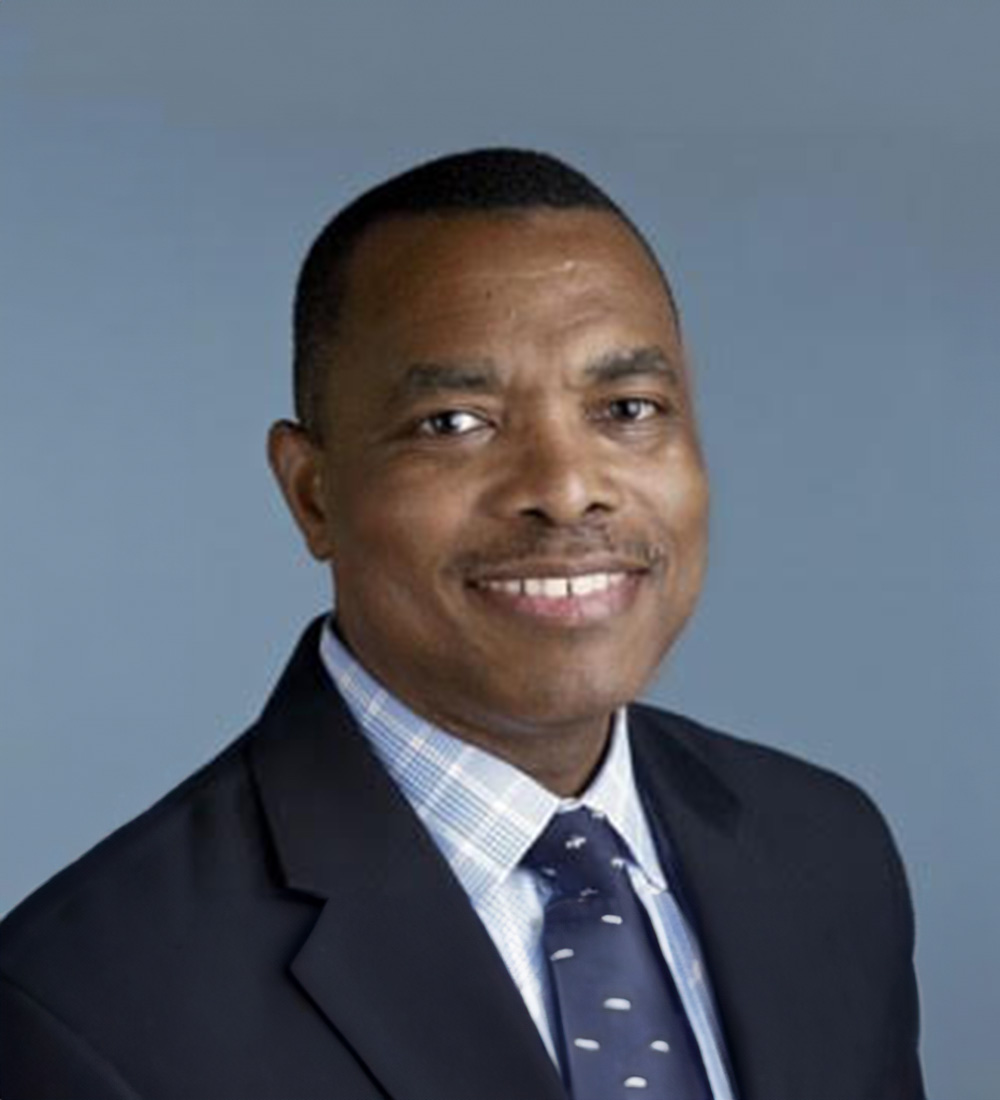
Speakers
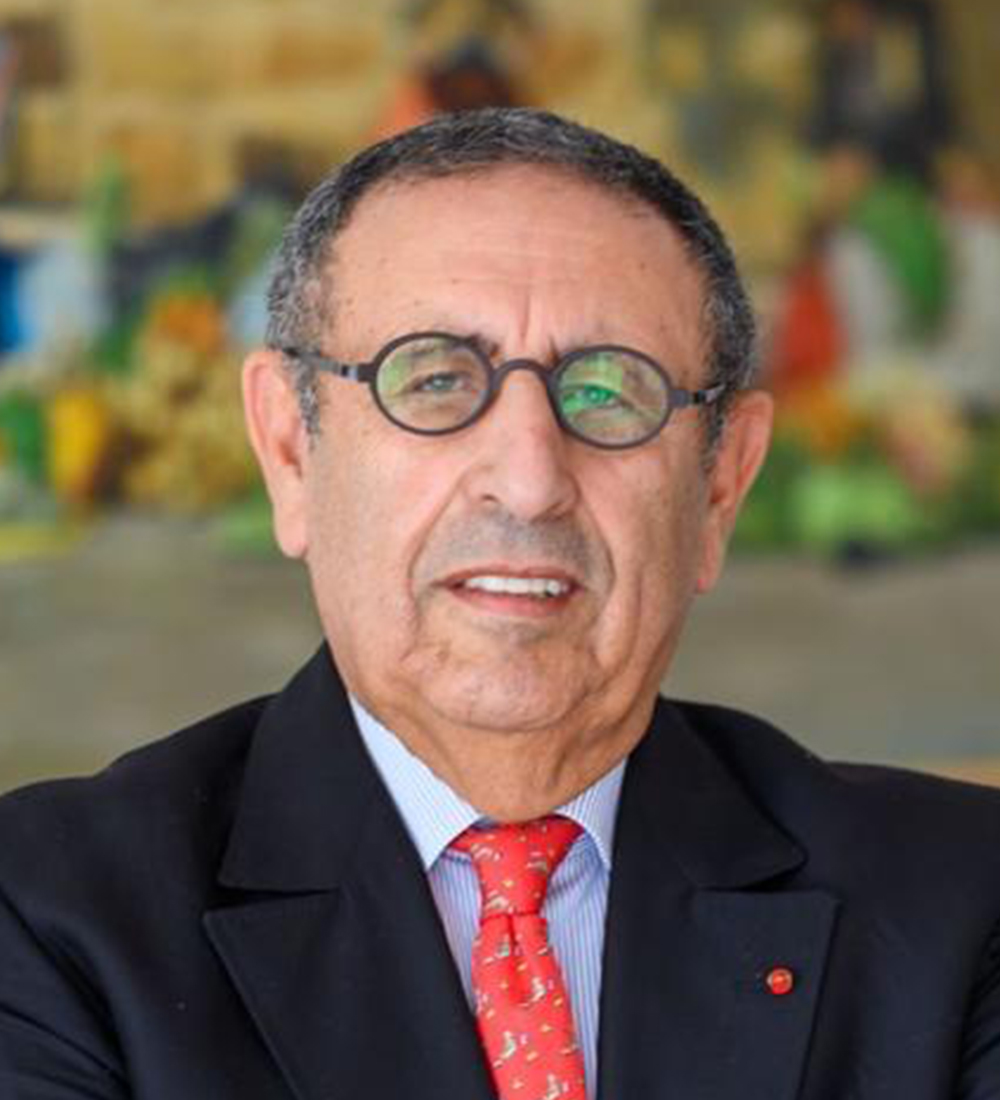

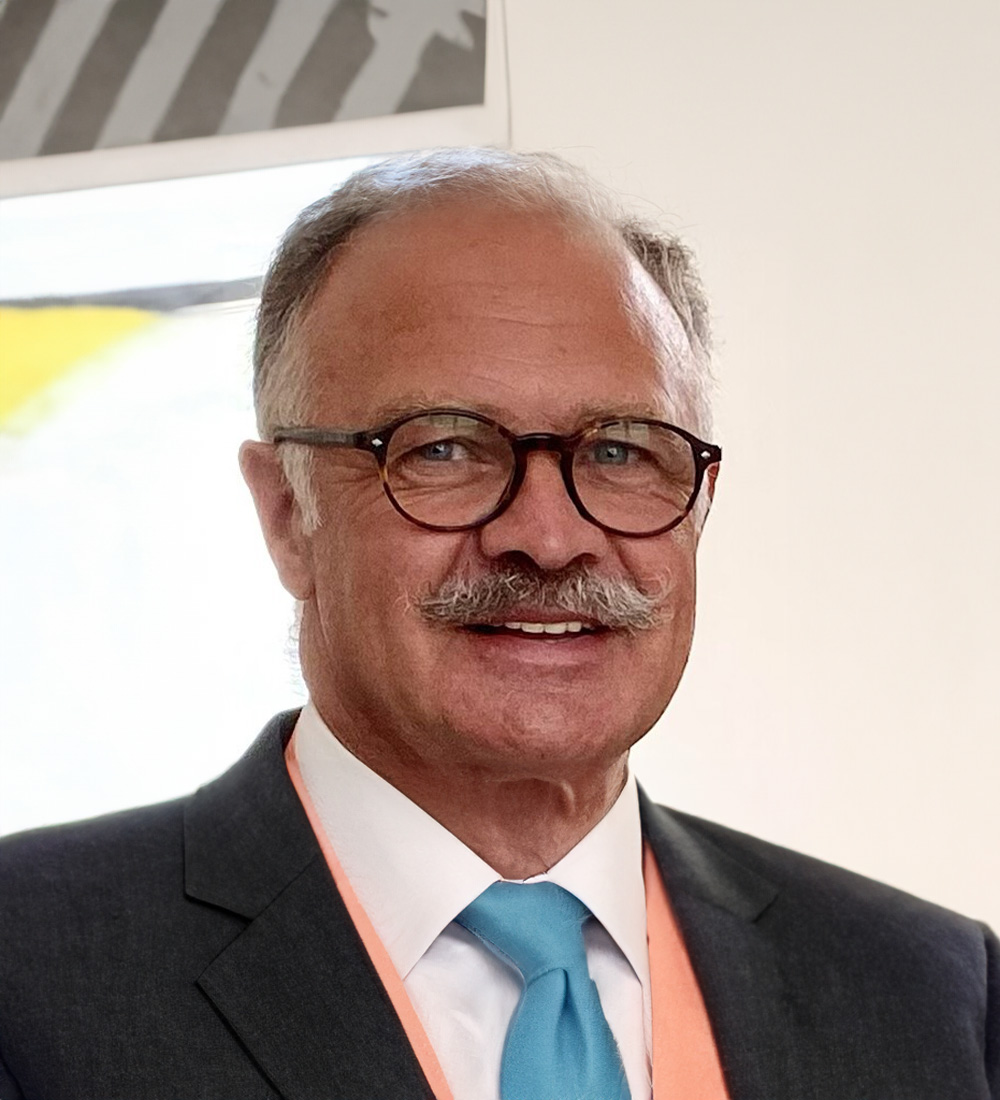
The South Atlantic, shaped by decades of globalization, now faces a pivotal moment as fragmentation and multipolarity reshape global relations, creating both challenges and unique opportunities. As these shifts open new possibilities for autonomy, South Atlantic nations are positioned to rethink their roles, advancing policies that reflect their distinct economic, social, and environmental priorities. Through regional alliances, these countries can build resilient, adaptive economic networks that withstand global disruptions, while creating governance models rooted in local contexts rather than external influence. This session will explore how the South Atlantic can leverage these changes to chart a sustainable and inclusive path forward, deepening regional cooperation to strengthen its standing within a rapidly evolving global landscape.
Questions
- How can South Atlantic countries balance regional cooperation with autonomy to achieve sustainable and inclusive growth?
- What are the pathways to fostering stronger regional alliances that advance the region’s specific social, economic, and environmental priorities?
- In what ways can the South Atlantic innovate its governance and institutional structures to better reflect regional needs amid global fragmentation?
Moderator
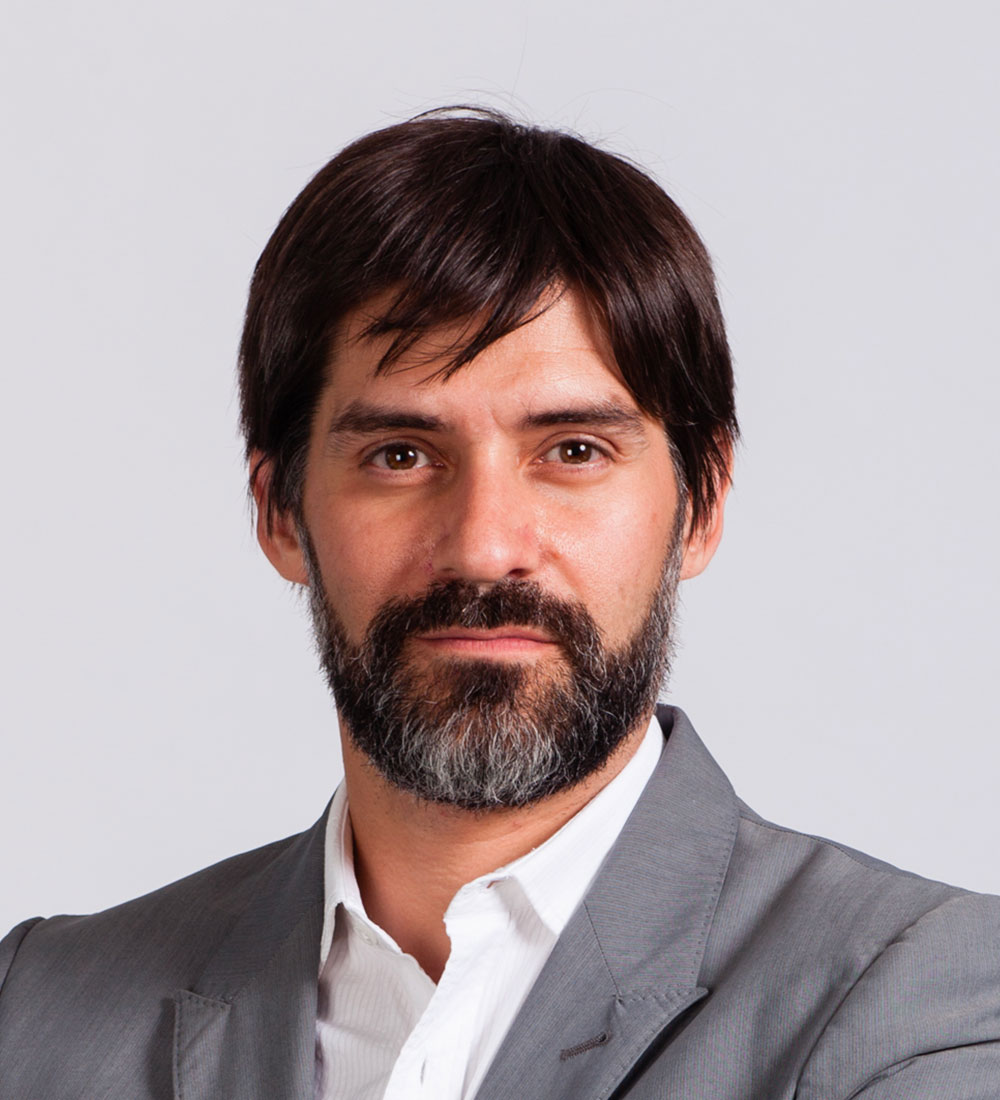
Speakers
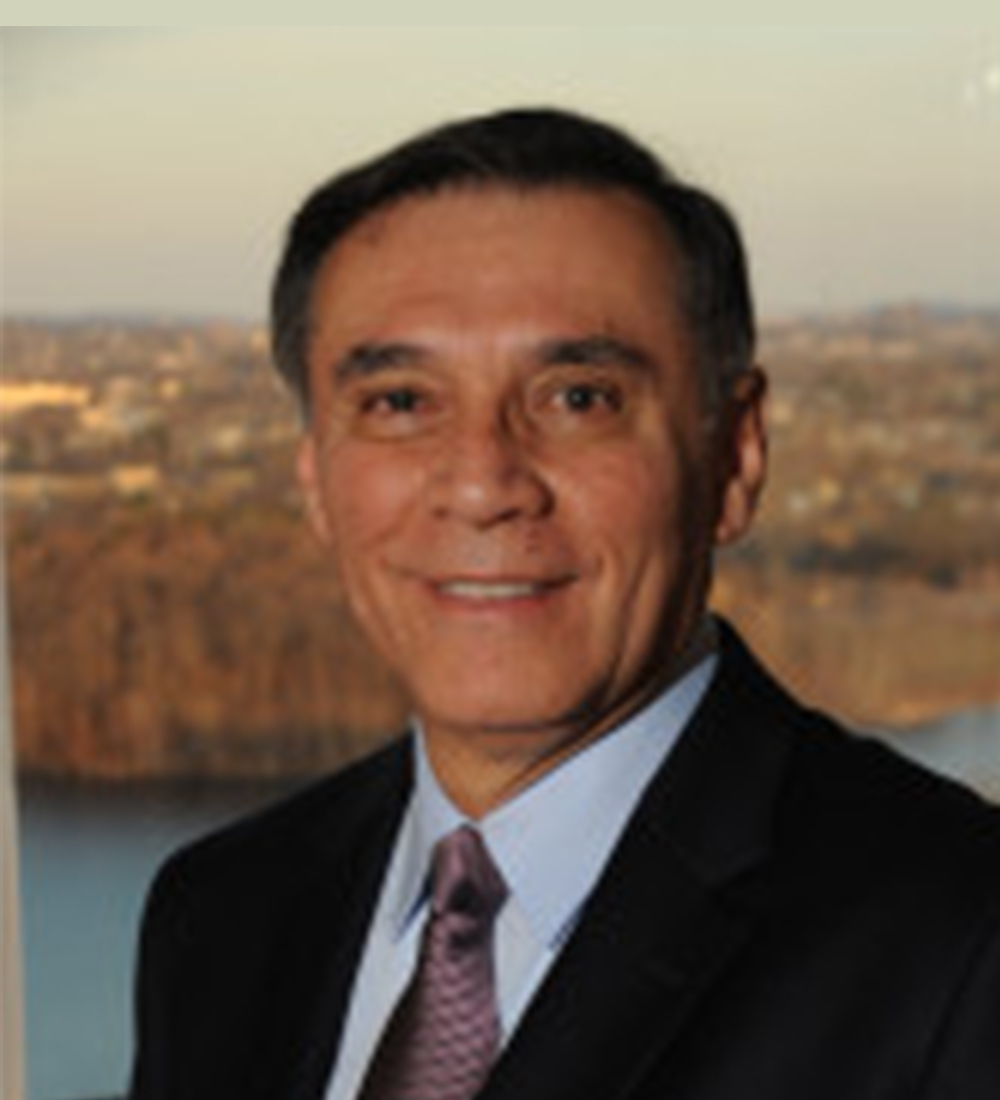
Cultural diplomacy serves as a strategic instrument in fostering deeper connections across the Atlantic, transcending political and economic barriers to build mutual understanding. Cultural exchange, arts, and heritage can address shared challenges and promote a cohesive Atlantic identity. By drawing on shared histories and collective memories, cultural diplomacy has the potential to counter-narratives of division and highlight areas of common interest. This approach can facilitate dialogue on critical issues such as migration, social inclusion, and environmental sustainability, while also encouraging economic collaboration through creative industries. The session will explore the role of governments, international organizations, and civil society in supporting cultural initiatives that not only preserve heritage but also contribute to peacebuilding, development, and regional integration. Ultimately, it will highlight how cultural engagement can be a cornerstone of diplomatic efforts to create a more resilient and interconnected Atlantic community.
Questions
- How can cultural diplomacy help address shared challenges such as migration, social inclusion, and sustainability within Atlantic communities?
- In what ways can arts and heritage be leveraged to build a cohesive Atlantic identity that transcends national boundaries?
- What strategies can governments, international organizations, and civil society adopt to support cultural initiatives that contribute to peace-building and regional integration?
- What are the opportunities and limitations of using cultural diplomacy as a tool for fostering economic collaboration and sustainable development across the Atlantic?
Moderator
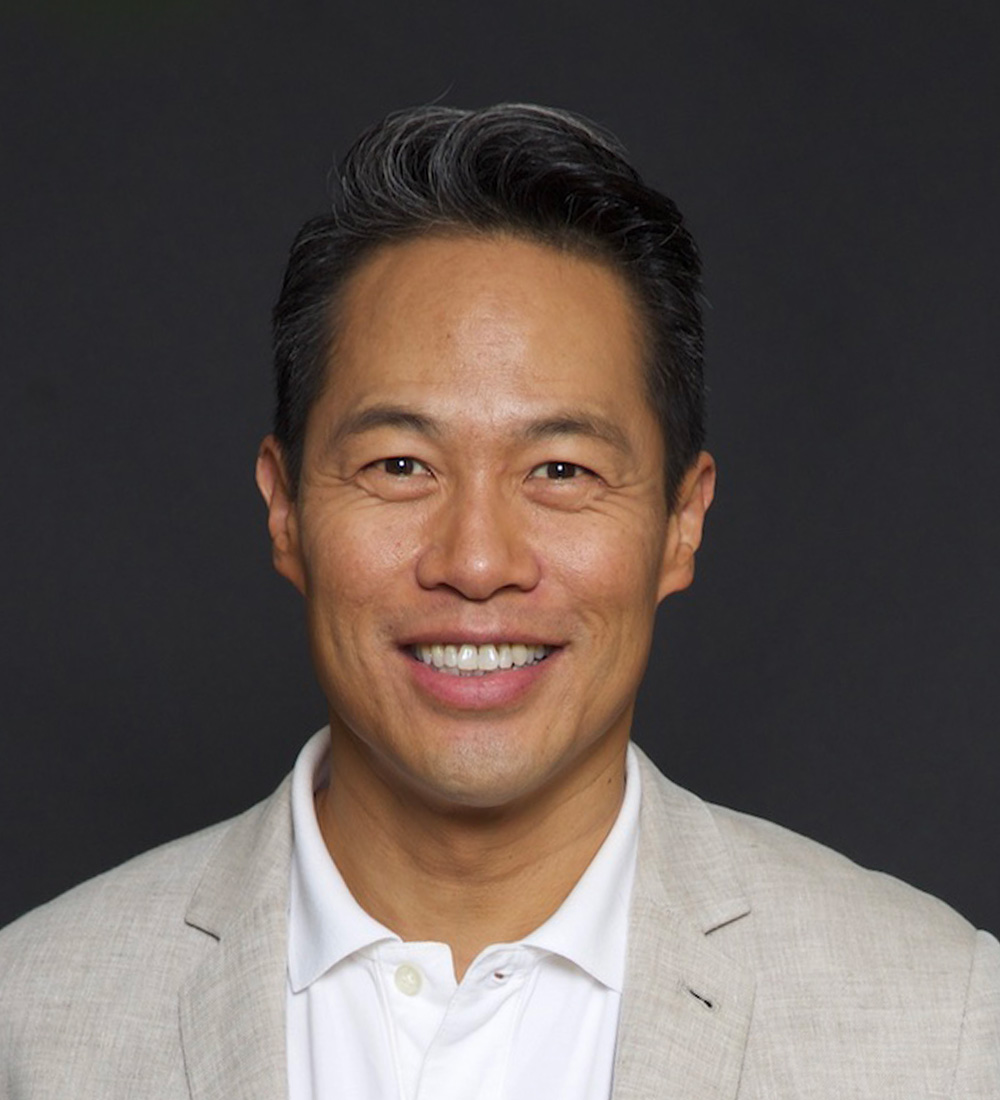
Speakers
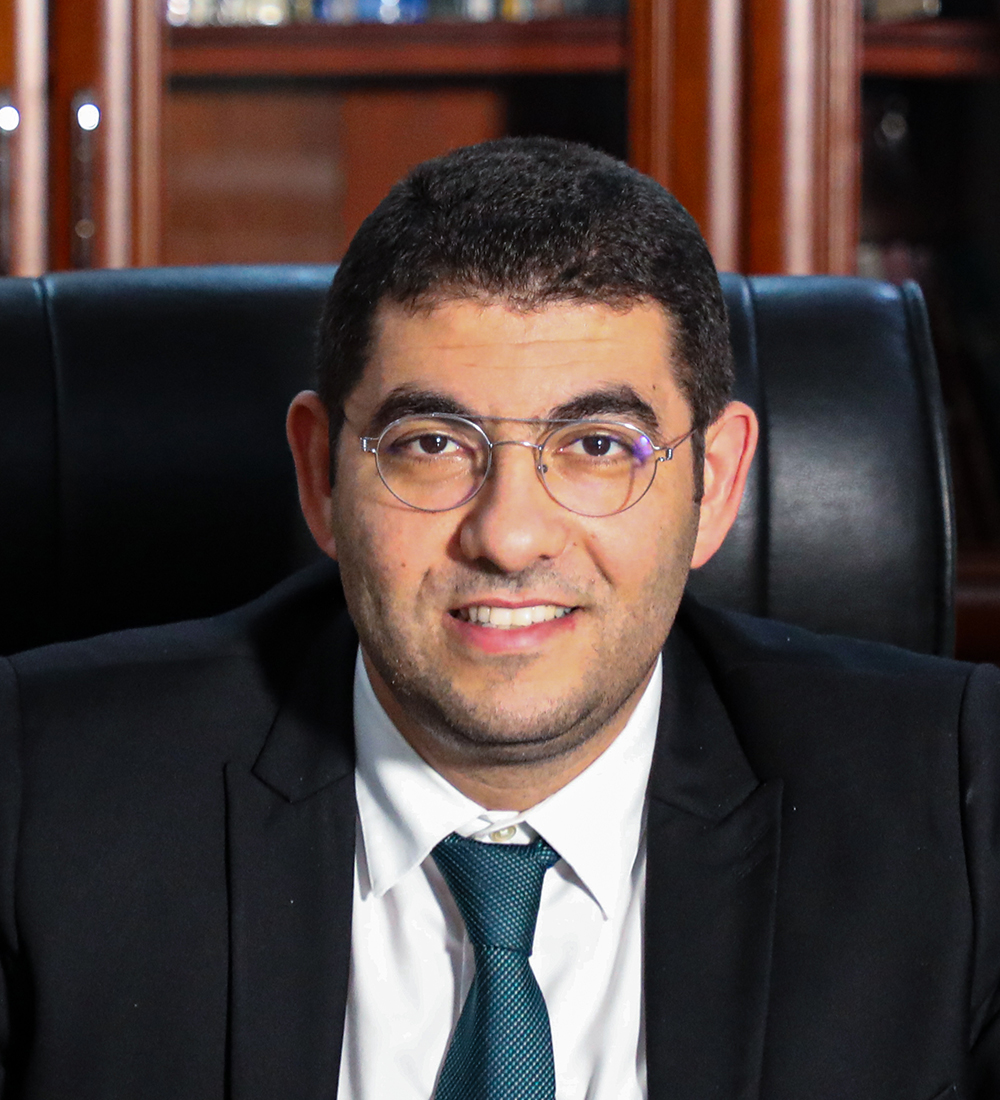
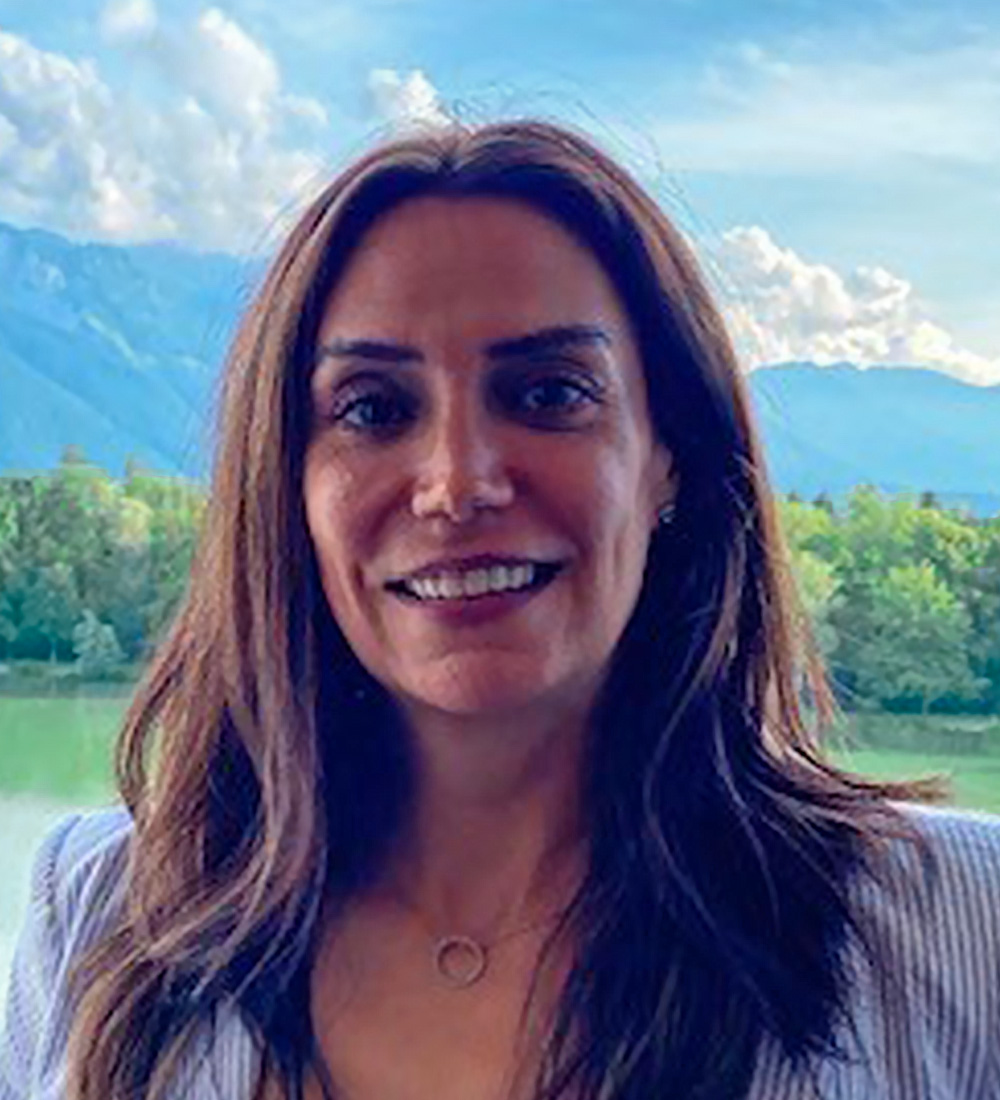
Professor, SPIA University of Maine
Mexico
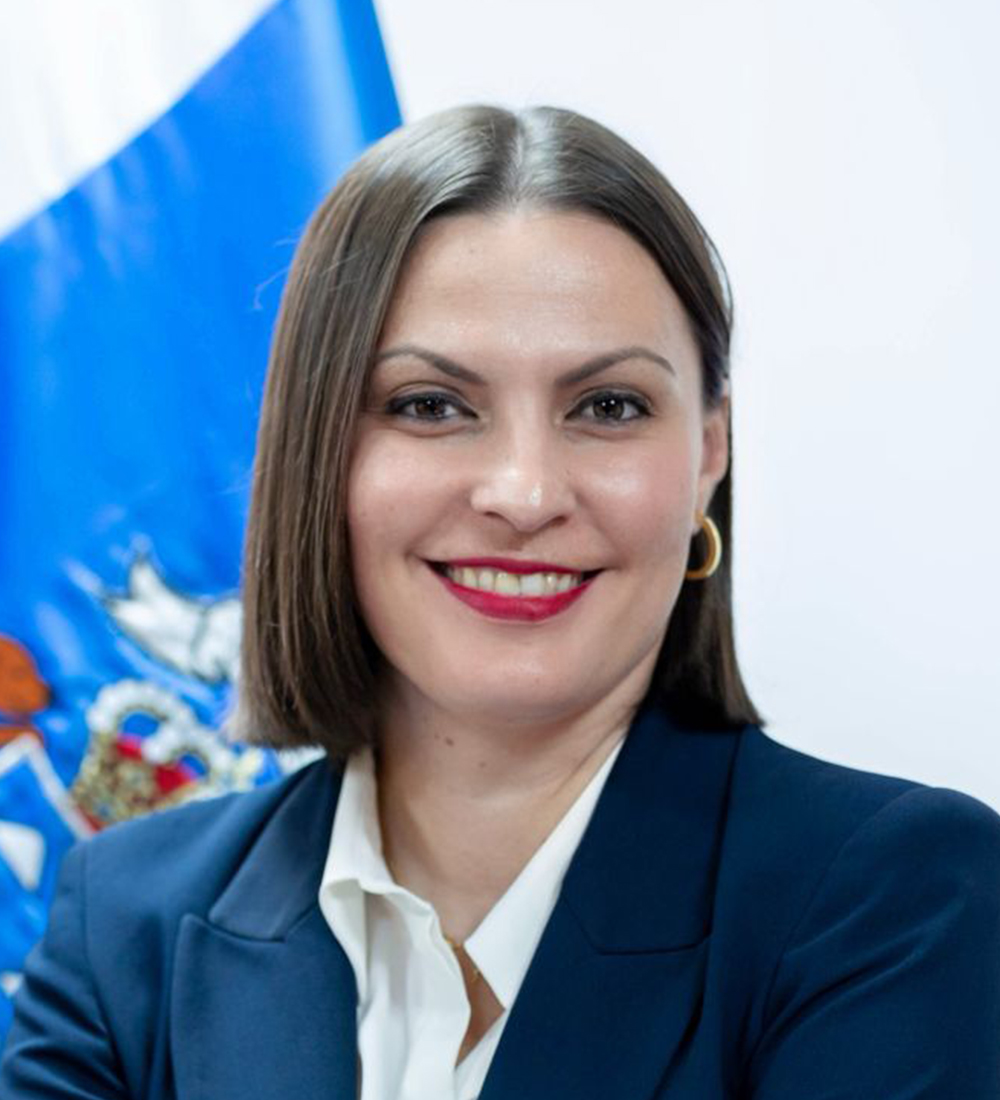

This session explores the challenges and strategies for securing critical infrastructures in the face of rising digital threats. As digitization affects vital sectors such as energy, finance, and telecommunications, these infrastructures are becoming prime targets for cyber-attacks. The session will highlight the importance of international cooperation to establish cybersecurity standards and frameworks, promoting a coordinated and resilient response to threats.
In particular, we will discuss how the emergence of new actors associated with criminality and geopolitical dominance is reshaping security landscapes, especially in regions like Africa and Latin America. The role of advanced technologies, such as artificial intelligence and 5G, will also be examined, as they can both enhance security measures and introduce new vulnerabilities.
Questions:
- What is the role of new technologies in the protection and vulnerability of critical infrastructures?
- How can digital sovereignty be reconciled with the need for global governance in cybersecurity?
- How can governance and international cooperation improve resilience in the face of cyber threats?
Moderator

Speakers
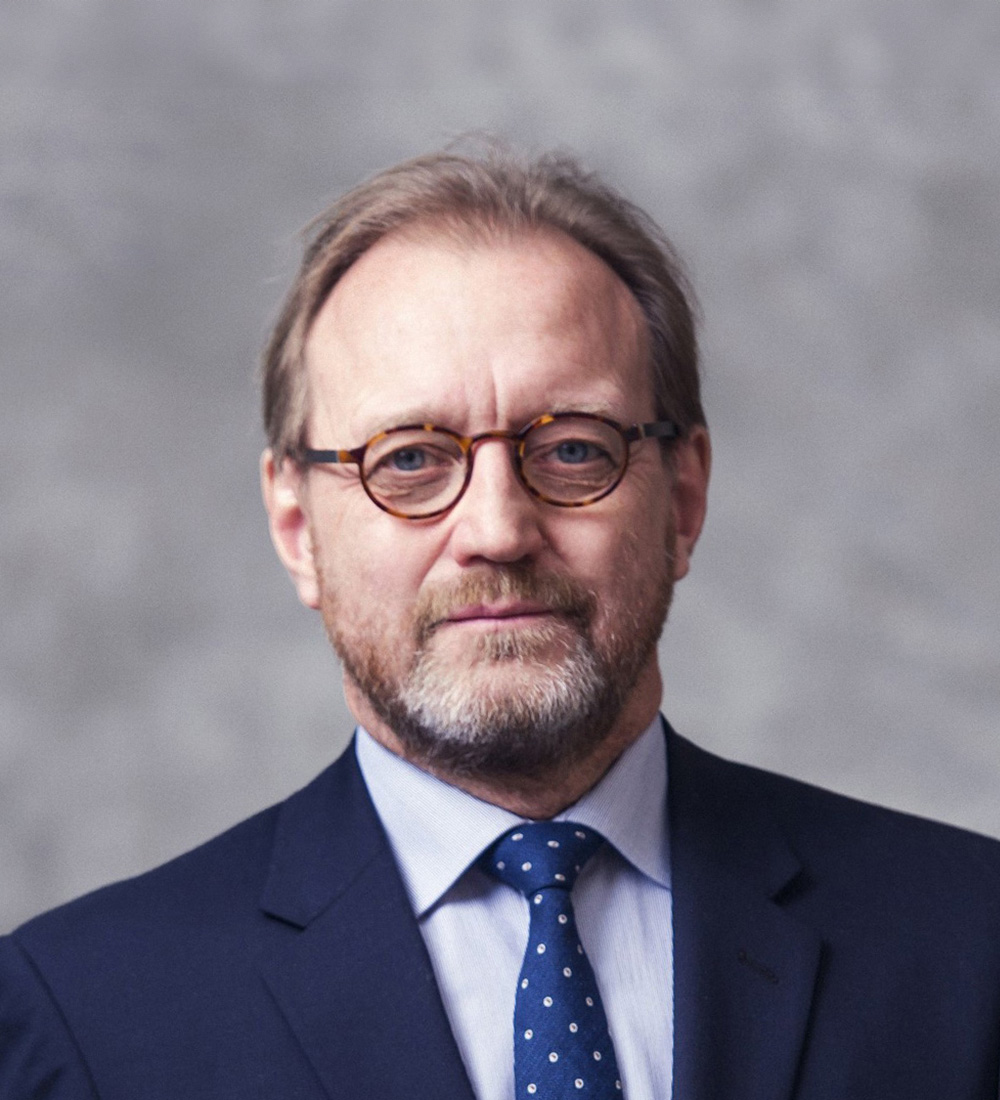
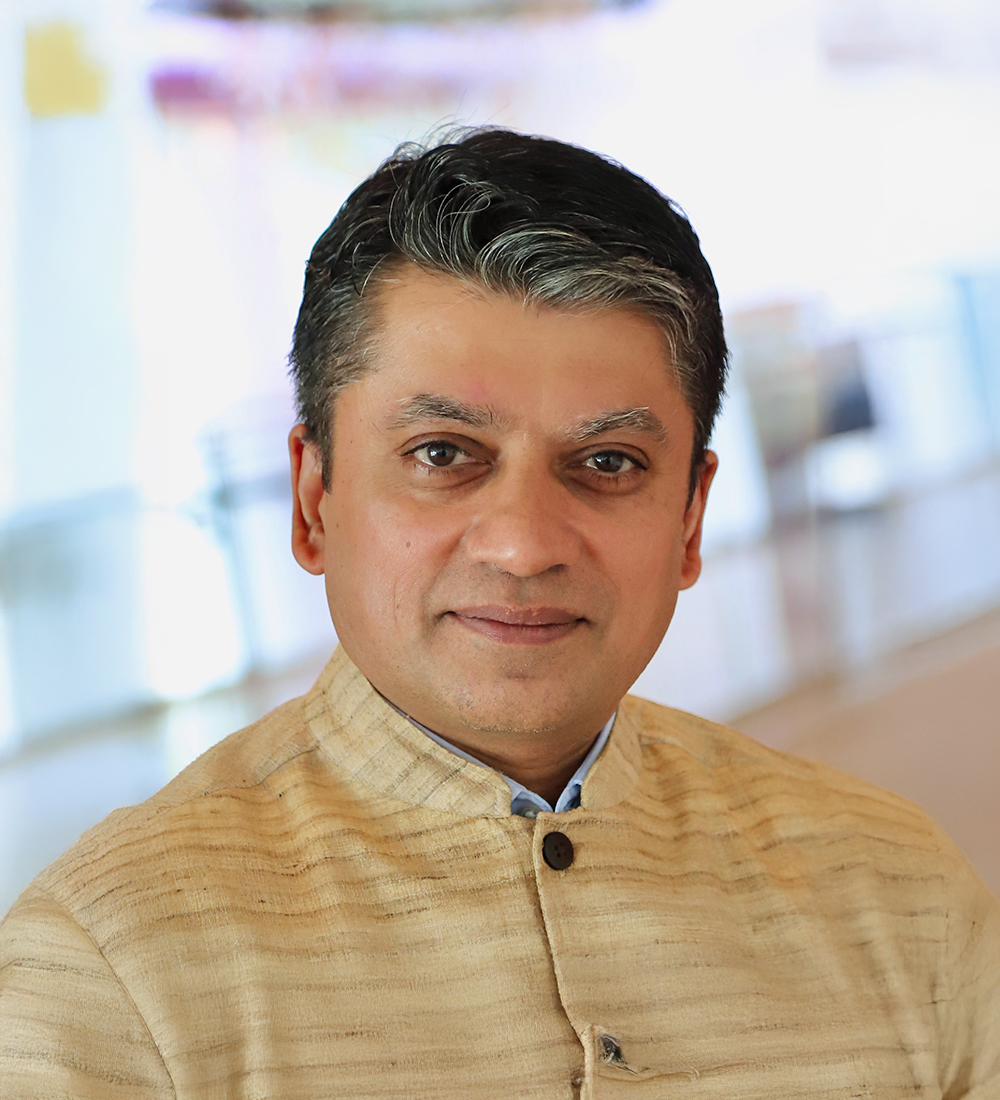
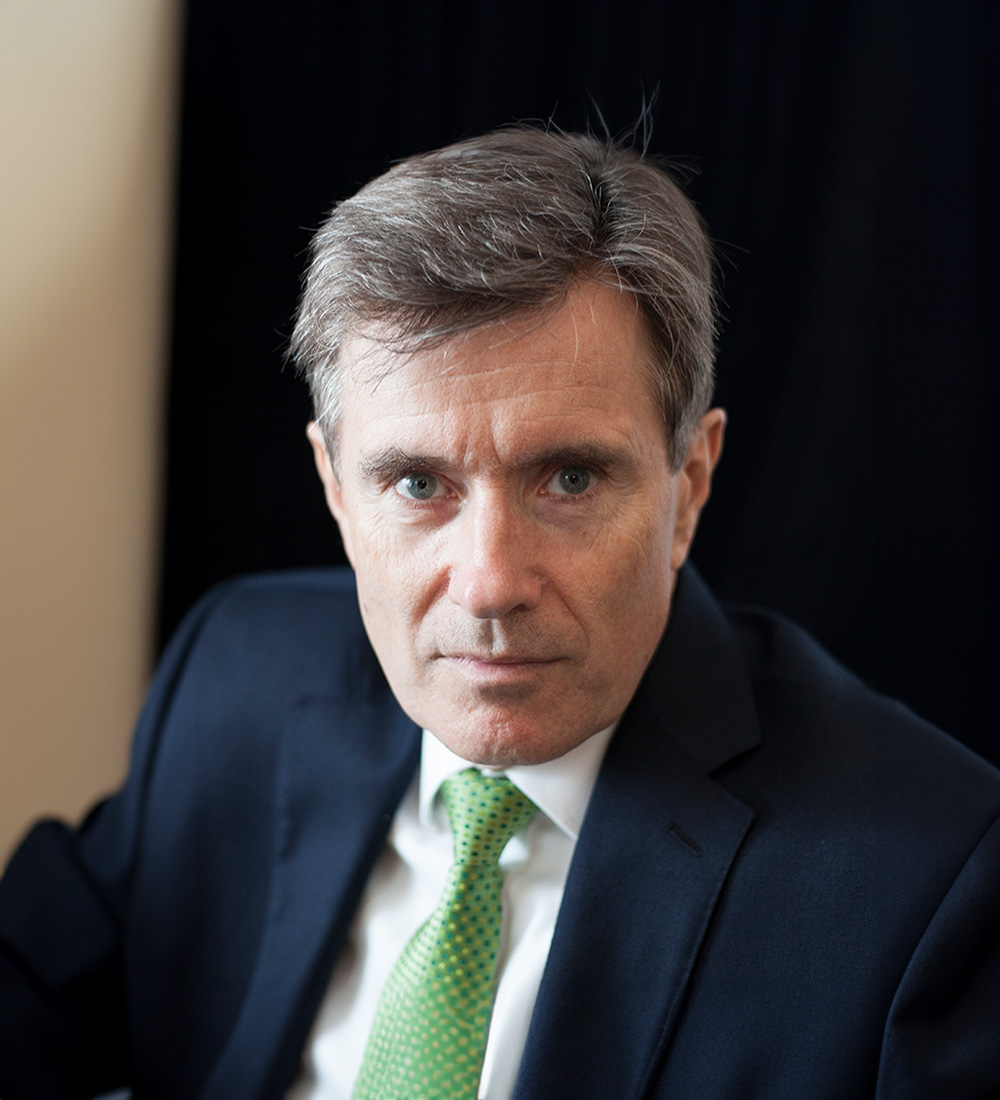
Executive Chairman, Newbridge Advisory
United Kingdom
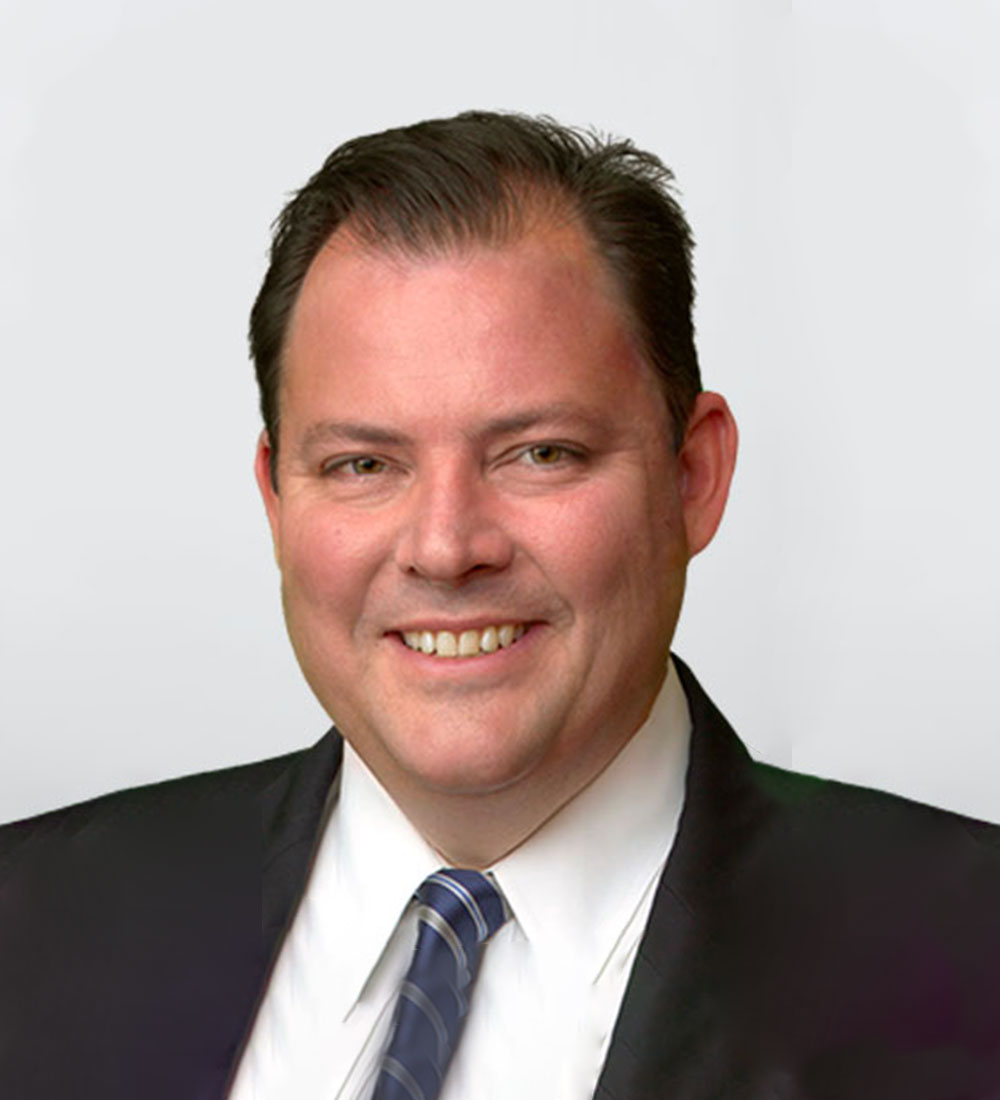
Former Assistant Secretary, U.S. Department of Homeland Security
USA
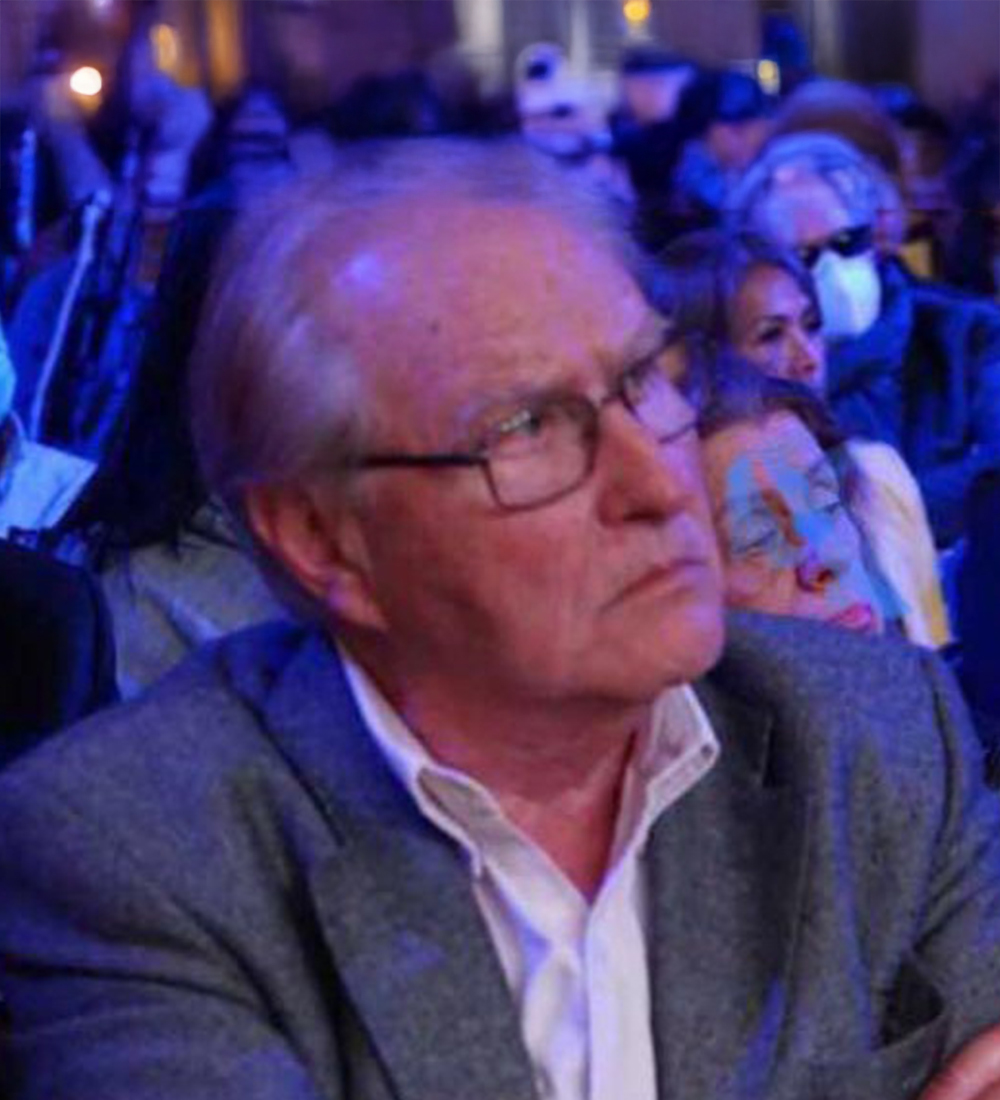
As global narratives shape perspectives and policies, the power to define these narratives has historically been concentrated among established powers. This session will delve into the emerging role of the Global South in reshaping discourse on key international issues, from economic development and security to climate change and governance. With diverse voices from academia, policy, and diplomacy, the panel will explore how the South can assert a more prominent, cohesive presence in international platforms, leveraging shared experiences and unique perspectives.
The session will assess the impact of these emerging influences on global governance, examine strategies for building powerful narratives and consider the challenges and opportunities in harmonizing diverse voices across the Global South.
Moderator

Vice President of News and Civic Dialogue, WHYY News
USA
Speakers



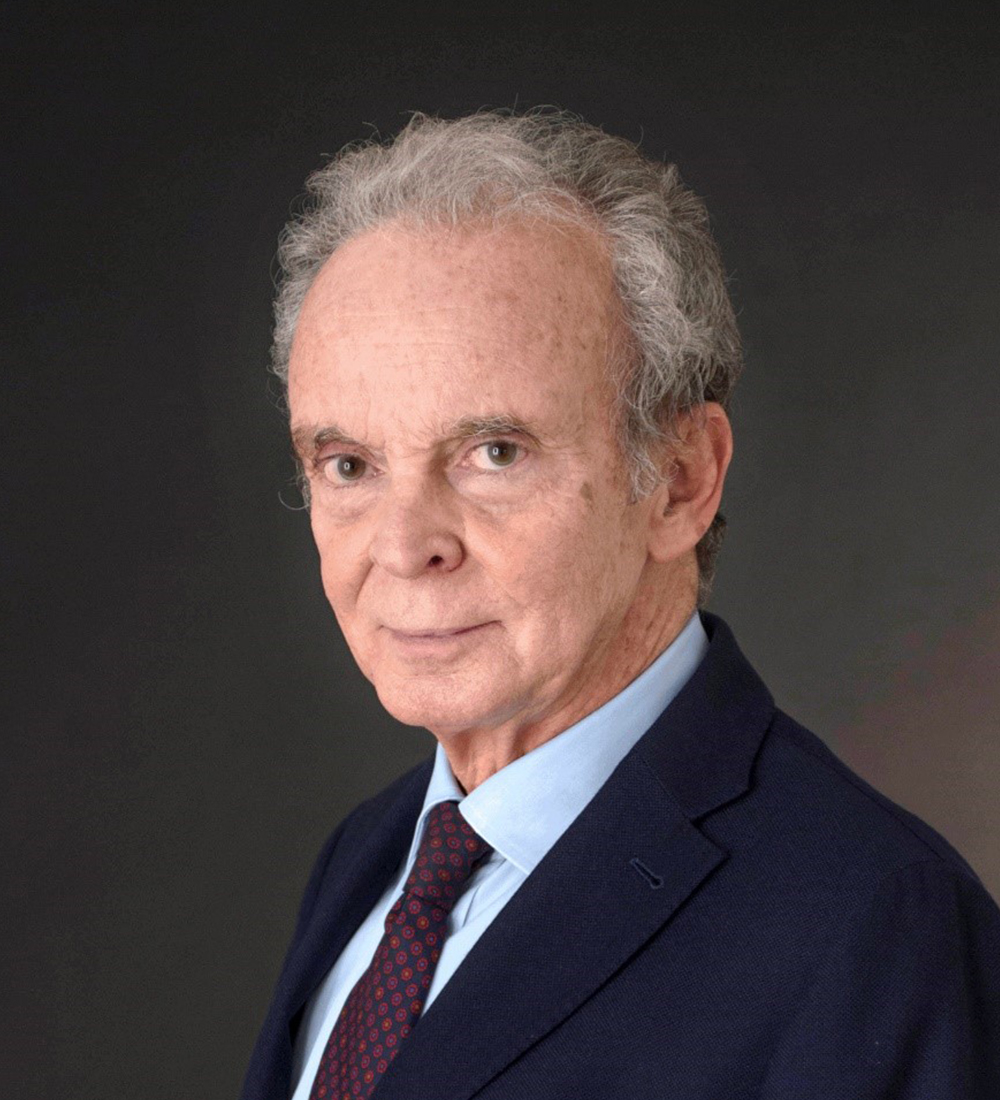
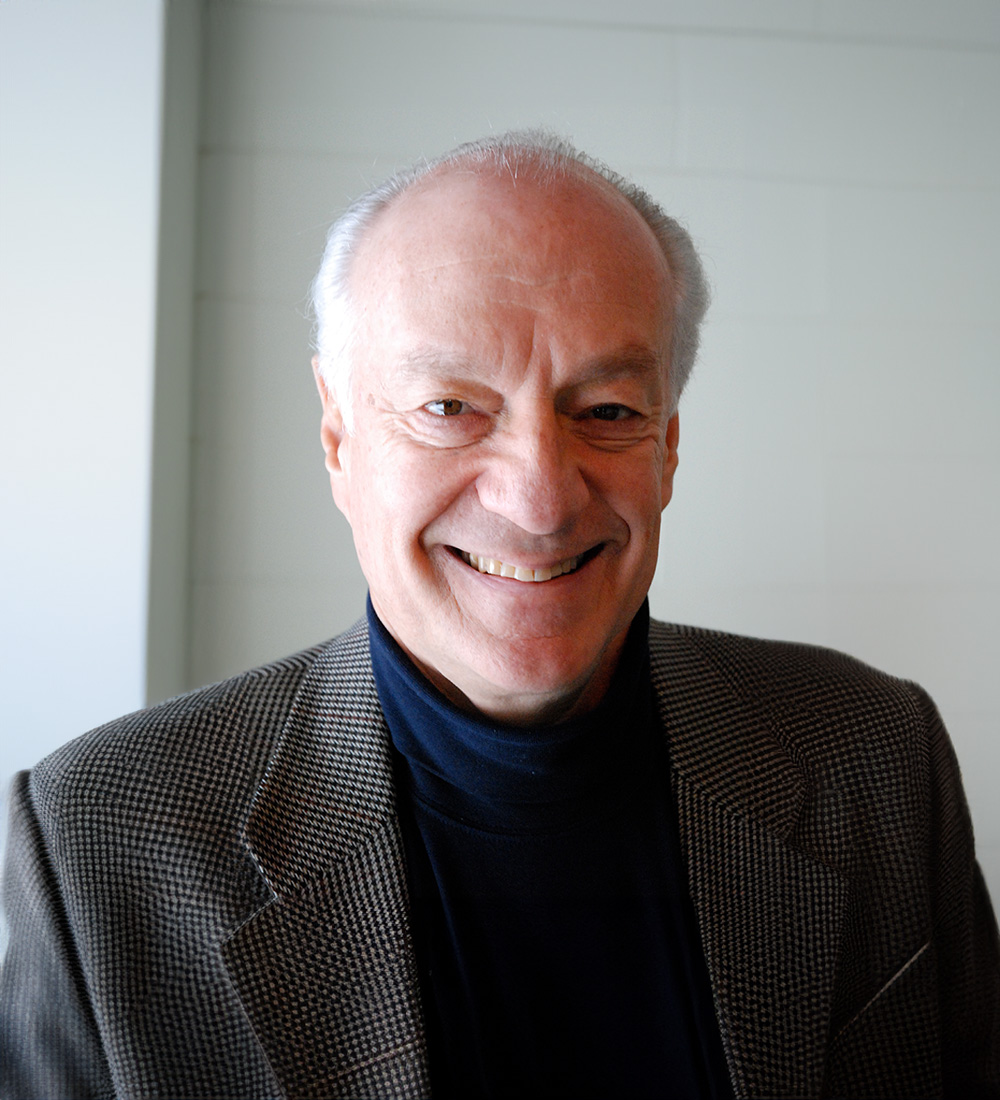
President, Rozental & Associates
Mexico
The Munich Security Conference dedicated its 2020 edition to the topic of Westlessness. In essence, the West as a coherent grouping was described as largely absent from the fast-paced developments in the world. It appeared on the backfoot, unable to drive the global agenda, and increasingly marginalized by emerging powers. The West appeared without a clear purpose and embroiled in a form of existential crisis. Others were at the forefront of global dynamics and more active in shaping global events. The pandemic, the invasion of Ukraine and the ongoing onslaught in Gaza have further widened the gap between the West and the South, with accusations of double standards fusing against the West. Besides, the fact that the two G20 troikas in a row will have been organized by countries of the South by 2025, the recent expansion of the BRICS, and various South-driven initiatives (on climate, connectivity/infrastructure, finance and political dialogue) seem to have further consolidated the impression that the South can play a stronger role in global governance. Is it so?
Questions:
- How can the South concretely gain a greater role in global governance?
- How are the interests of the South taken into consideration in recent attempted reforms to global reform (e.g., COPs, WHO, etc.)?
- What would more Southfulness imply for global governance?
- How can South-South coordination and cooperation be enhanced? For what results?
Moderator
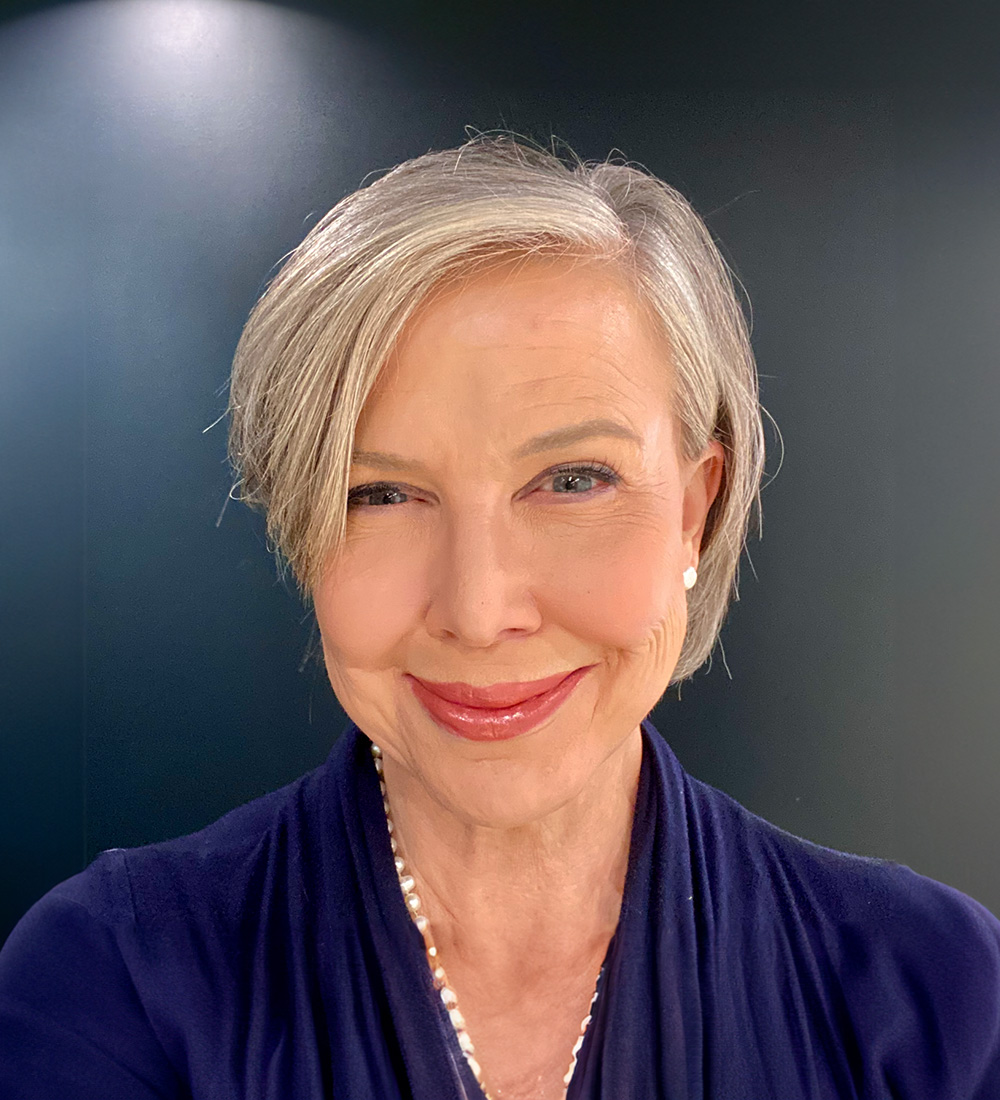
Global Affairs Analyst, CNN
USA
Speakers
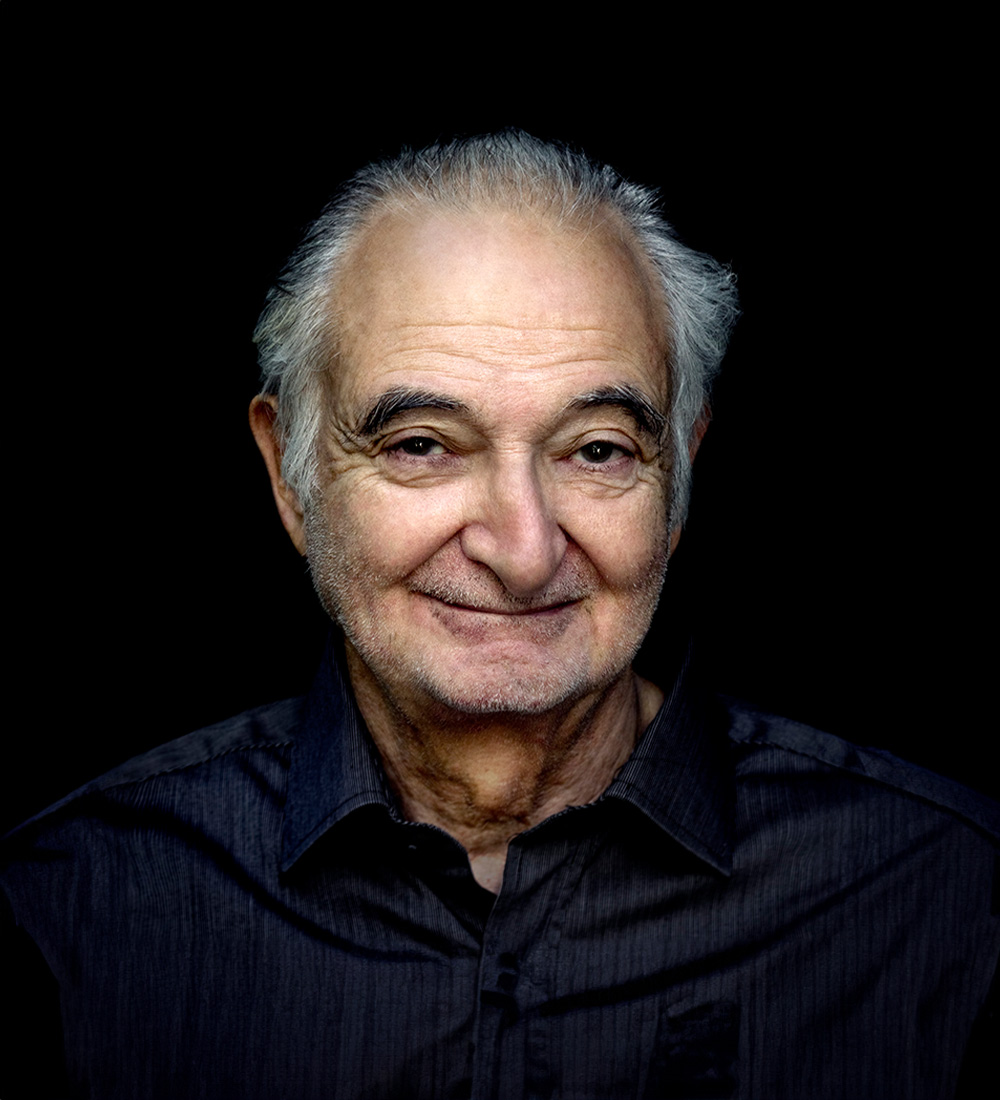
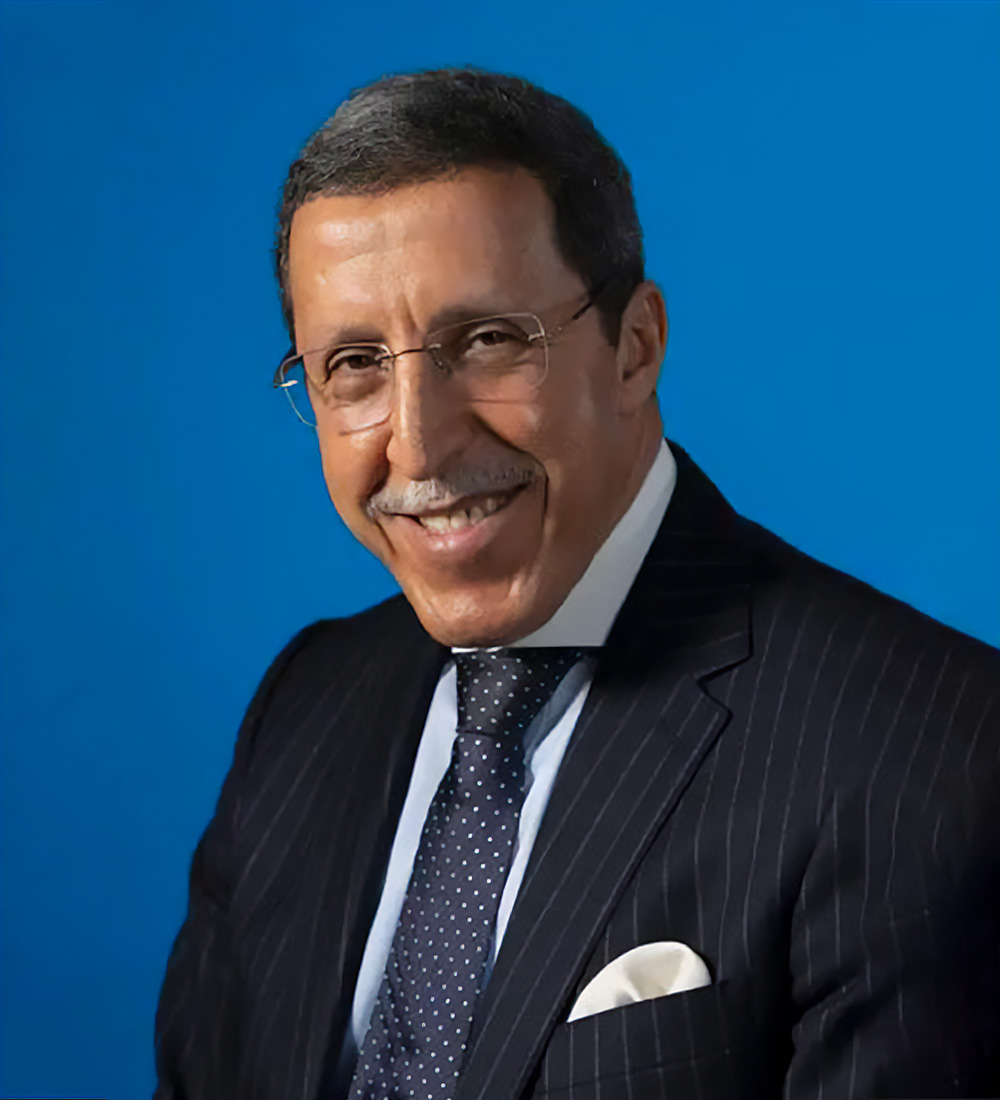
Permanent Representative of Morocco to the United Nations
Morocco
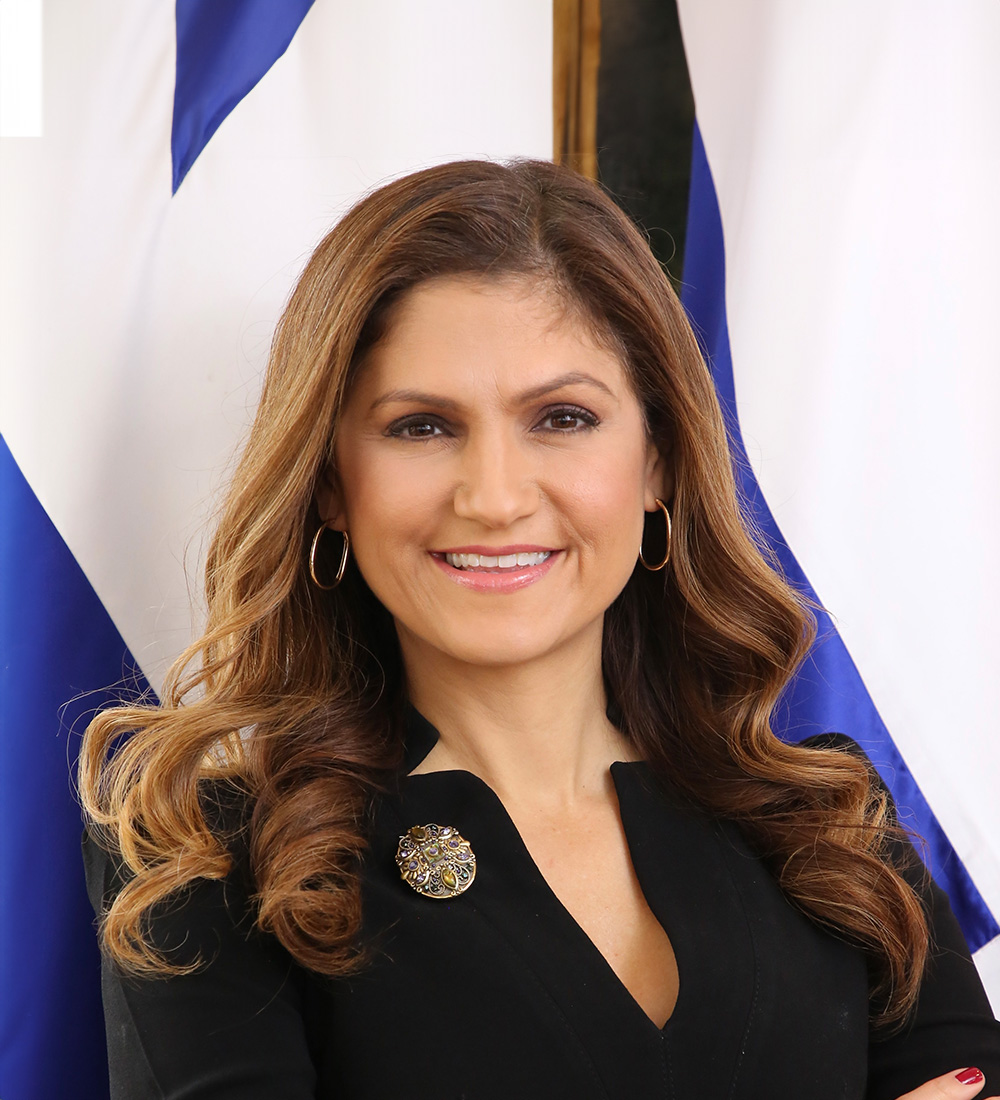
Former Minister of Foreign Affairs
Panama
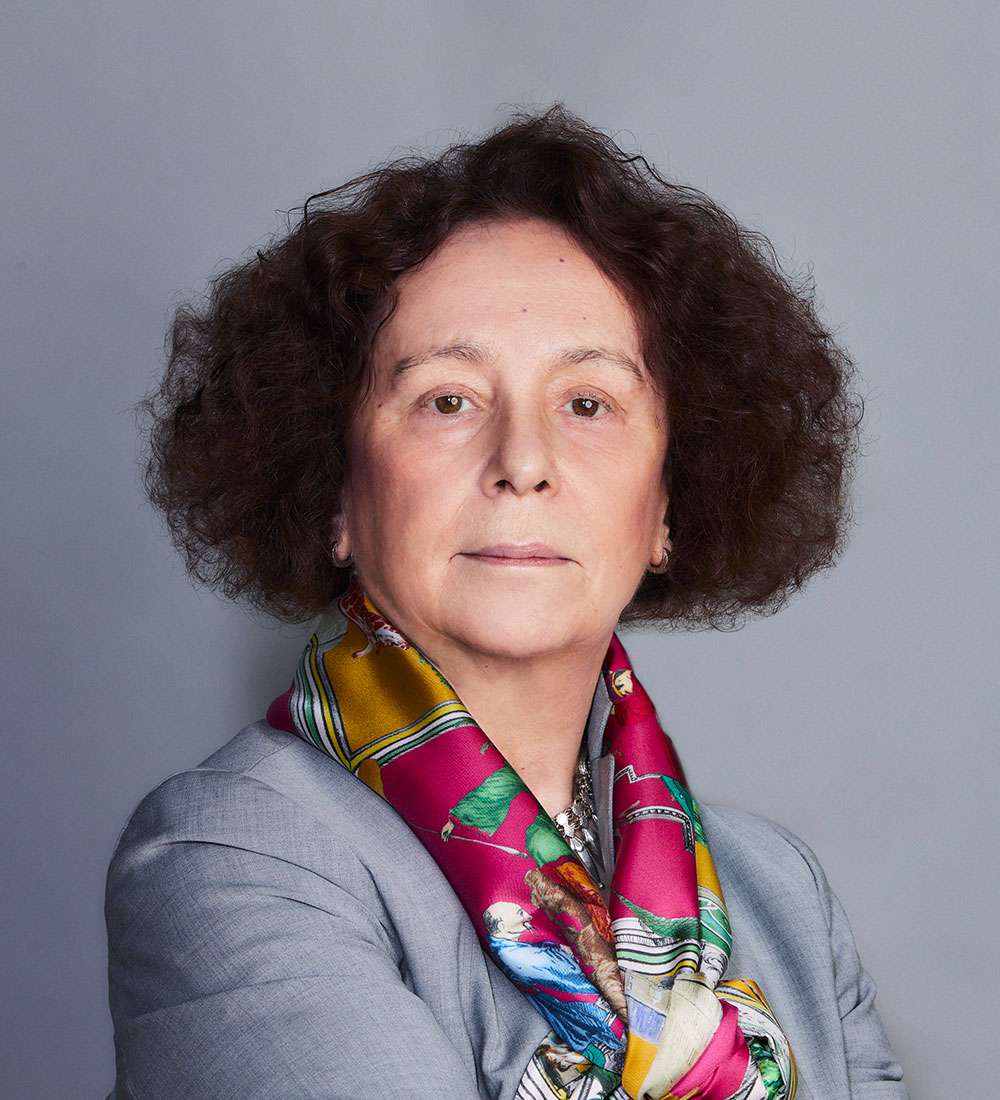
The global energy transition presents a complex challenge. While the shift to renewable energy is essential, the financial burden is unevenly distributed. For developed nations, the priority is to decarbonize industries and invest in clean technologies. However, for developing economies, the transition often requires external financing, technology transfer, and managing the socio-economic risks of moving away from fossil fuel dependence. The question of who should bear the financial costs – governments, the private sector or international institutions – remains a point of contention, with implications for global equity and climate justice. This session will analyze the financial architecture behind the energy transition, exploring the roles of international climate funds, multilateral development banks, and private capital. Experts will discuss how these actors can collaborate to ensure that the transition is both just and effective, while avoiding burdening vulnerable economies. Discussions will focus on practical solutions for funding the transition and balancing responsibilities.
Questions:
- What concrete financial mechanisms can ensure that developing countries are not disproportionately burdened by the energy transition?
- How can international climate funds and development banks support countries most at risk of economic disruption from the transition?
- What role should the private sector play in sharing the costs, and how can their investment be incentivized?
- How can we ensure that the transition is equitable, taking into account historical emissions and varying capacities to adapt?
Moderator
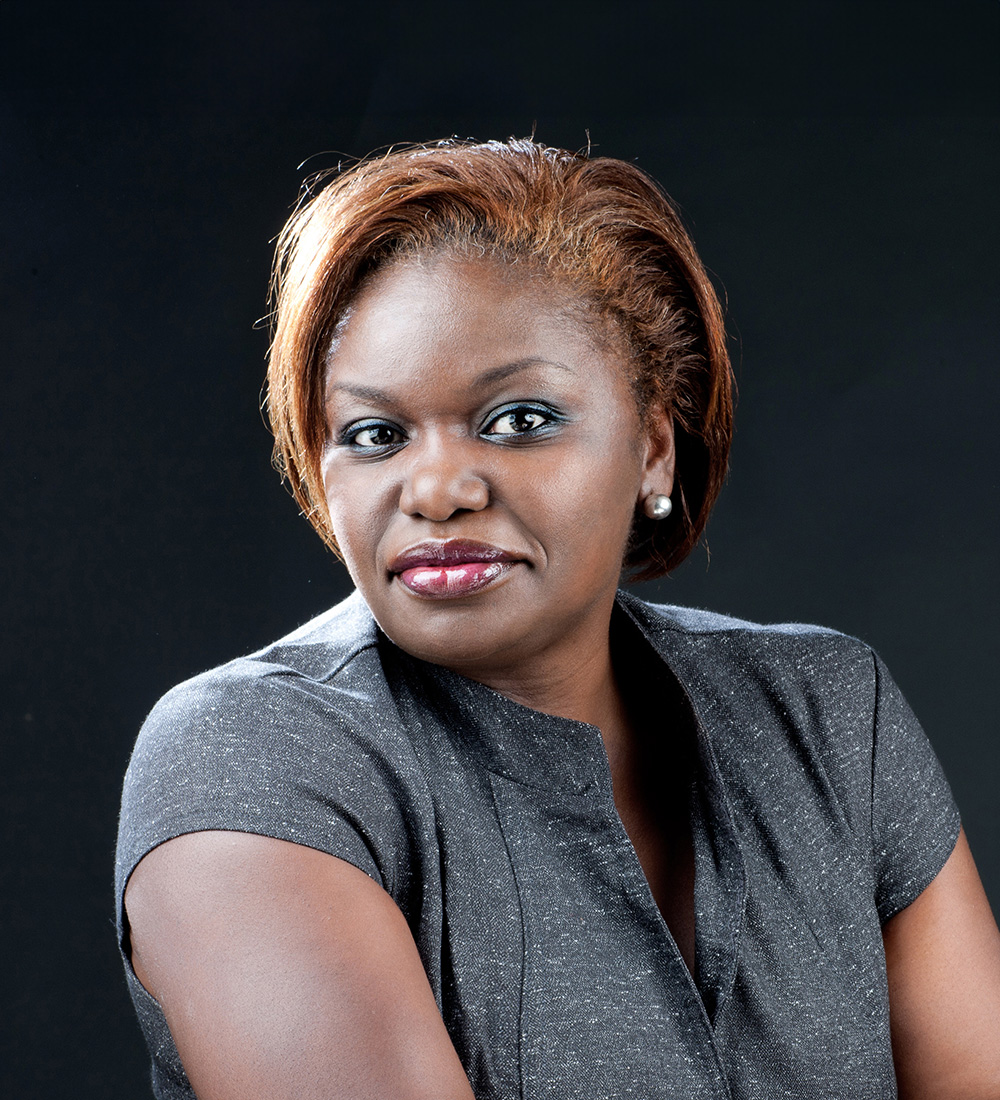
Speakers

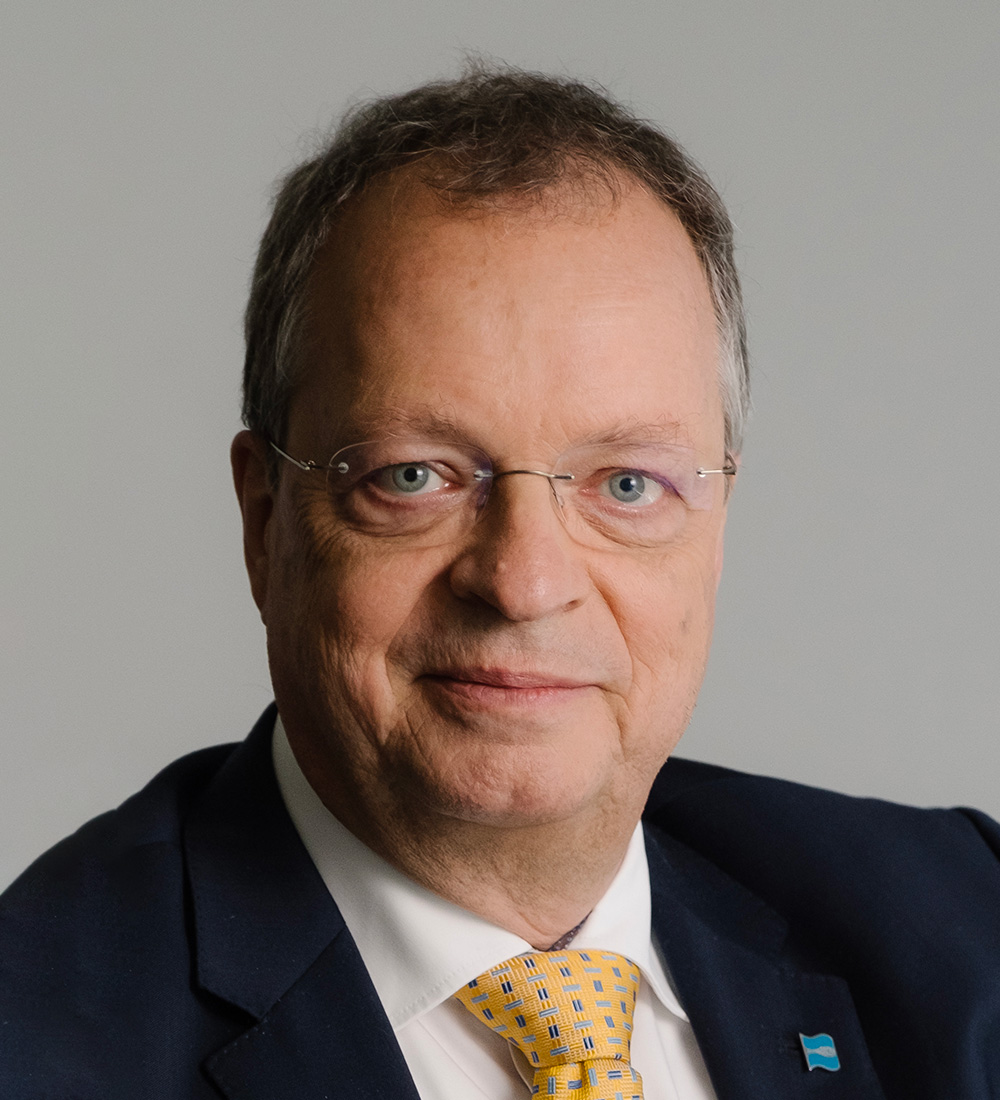

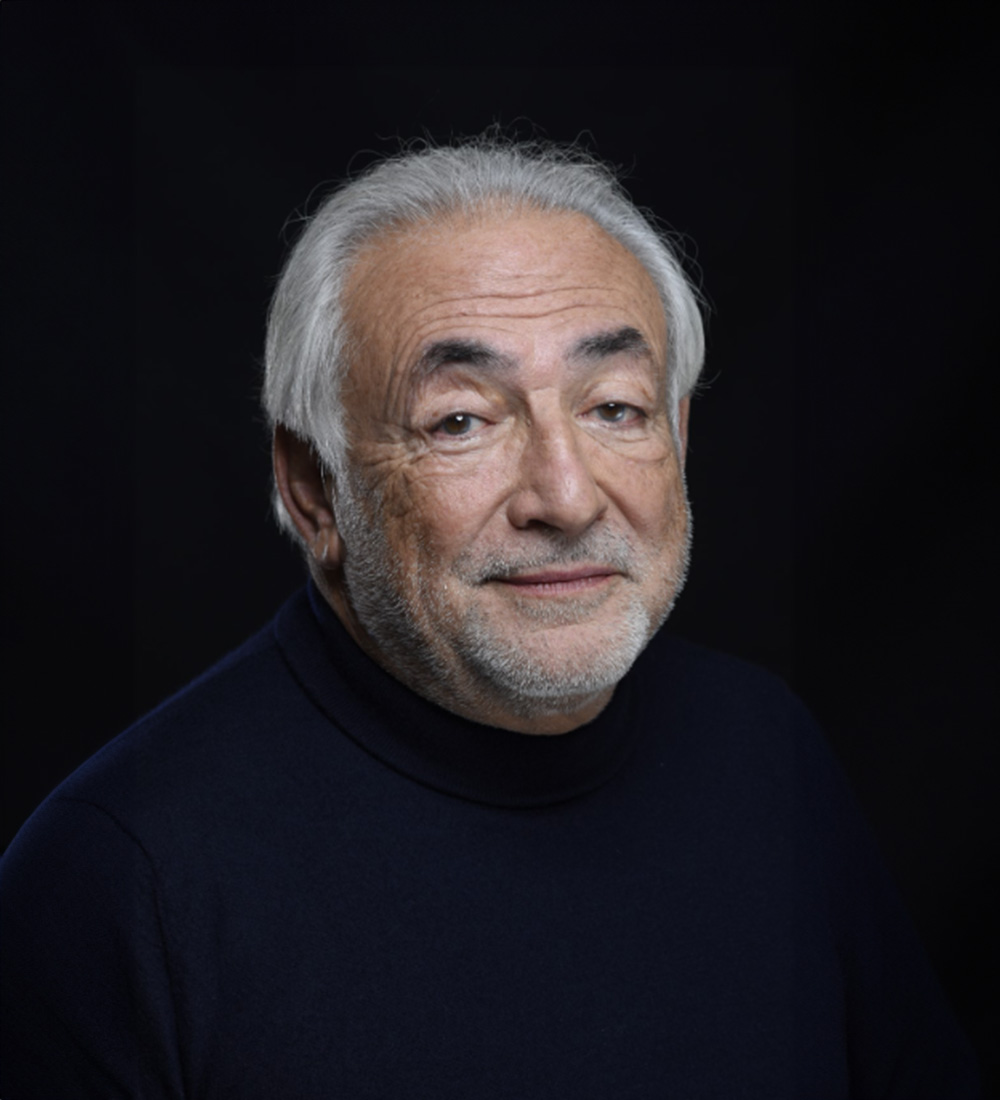
Managing Partner, Parnasse International
France
This panel delves deeply into the complex and ever-evolving political landscape surrounding election cycles across several Atlantic nations, focusing on the unique challenges and potential opportunities that democratic institutions face in these regions. It takes a close look at key issues, such as the rise of populism, the spread of disinformation, and increasing voter apathy, all of which pose significant threats to the integrity of electoral processes and undermine public trust in democracy itself. By conducting a comparative analysis of case studies from North America, Europe, and Latin America, the panel illustrates the global nature of these challenges, emphasizing how democratic struggles are interconnected across the Atlantic. The shared experience of political instability, distrust in electoral systems, and challenges to democratic norms reveals that no nation is immune to these issues. Furthermore, the panel encourages a proactive approach by advocating for innovative and forward-thinking strategies that can reinforce democratic resilience. This includes efforts to combat disinformation, promote greater civic engagement, and strengthen the transparency and fairness of electoral processes. By addressing these issues collaboratively and systematically, the panel highlights the importance of safeguarding the future of democracy across the Atlantic and ensuring that democratic institutions remain robust and responsive to the needs of their citizens.
Questions:
- What are the primary factors contributing to the rise of populism in Atlantic nations during election years, and how do they affect voter behavior and electoral outcomes?
- In what ways has the spread of disinformation influenced public perception of democratic processes and trust in electoral institutions across the Wider Atlantic?
- How can civil society organizations and grassroots movements play a role in combating voter apathy and promoting civic engagement in the context of increasingly polarized political environments?
- What strategies can international and regional bodies implement to support electoral integrity and reinforce democratic norms in the Atlantic region?
Moderator
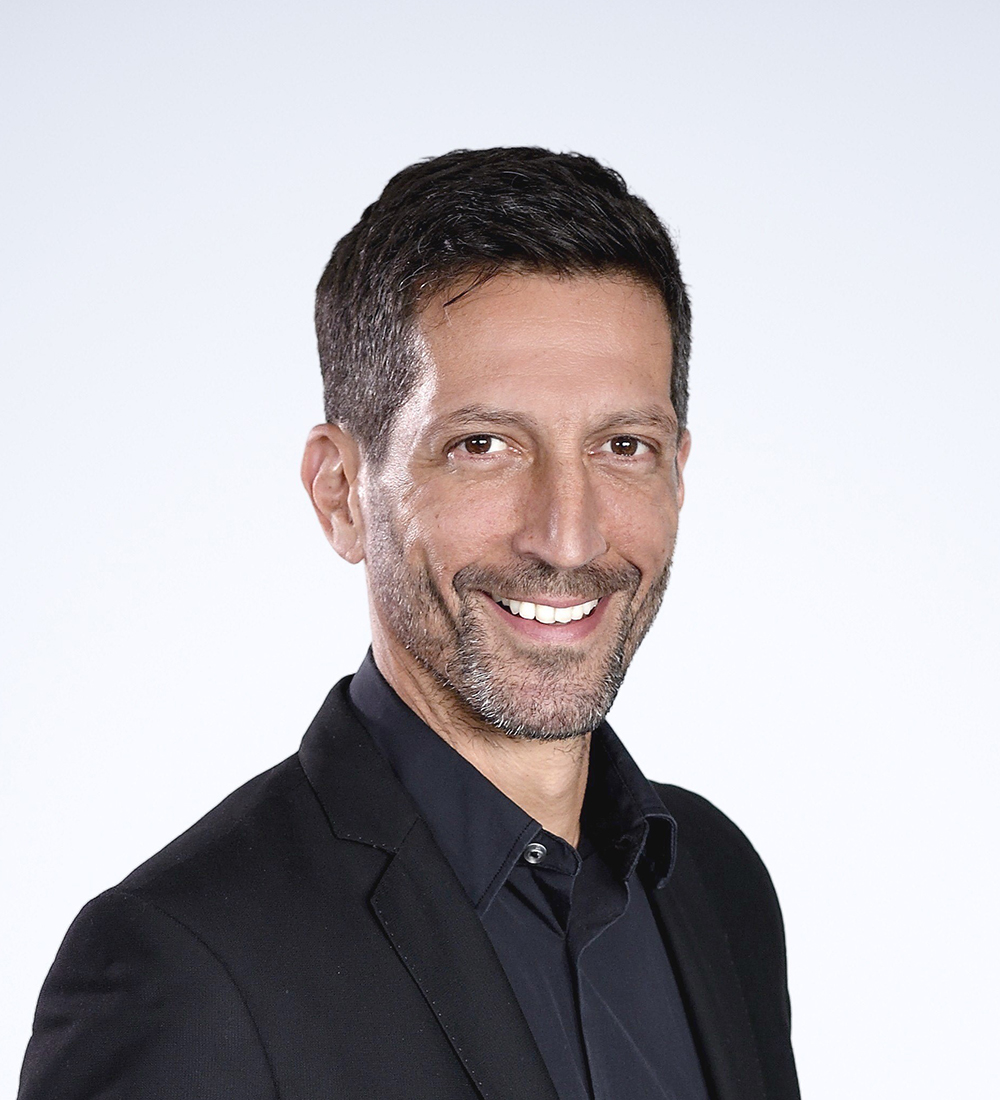
Speakers
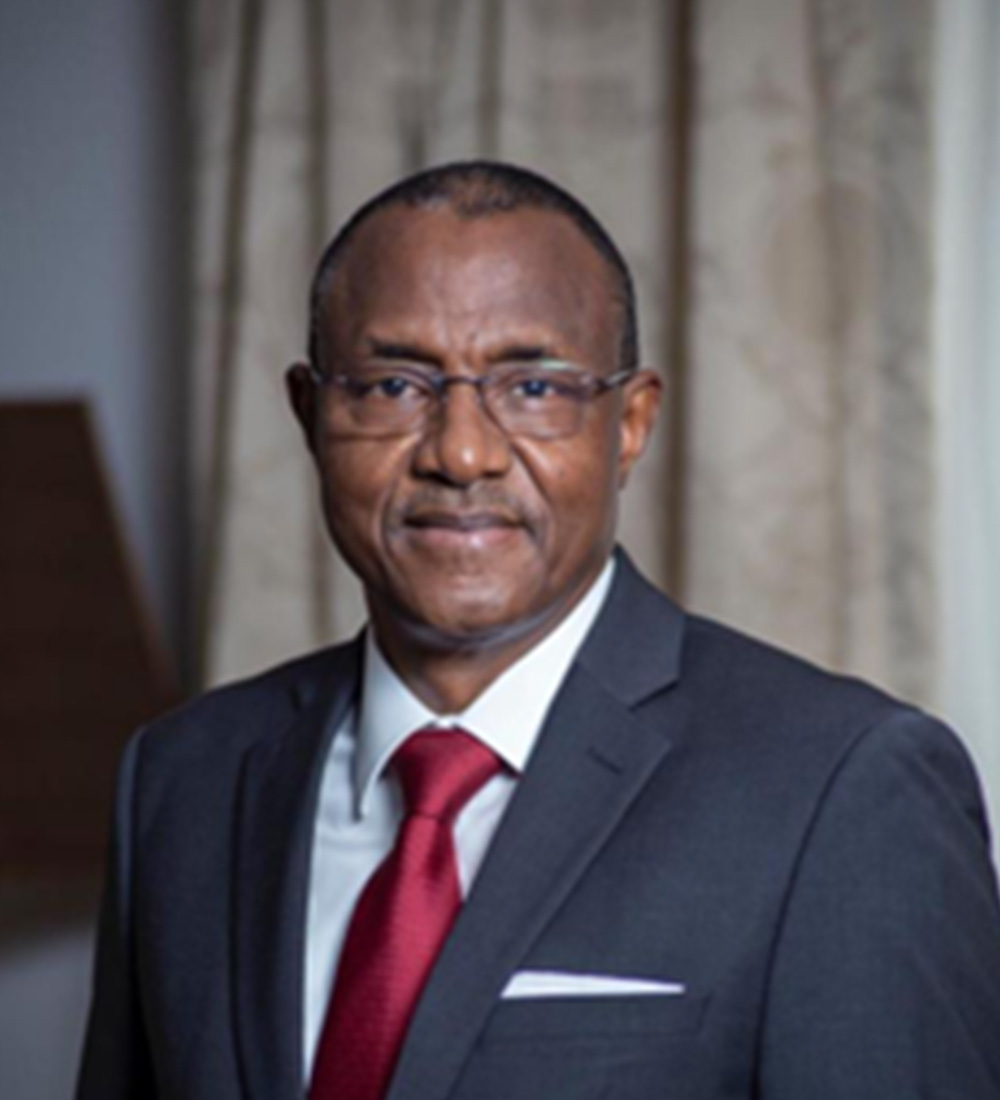
Former Prime Minister
Guinea
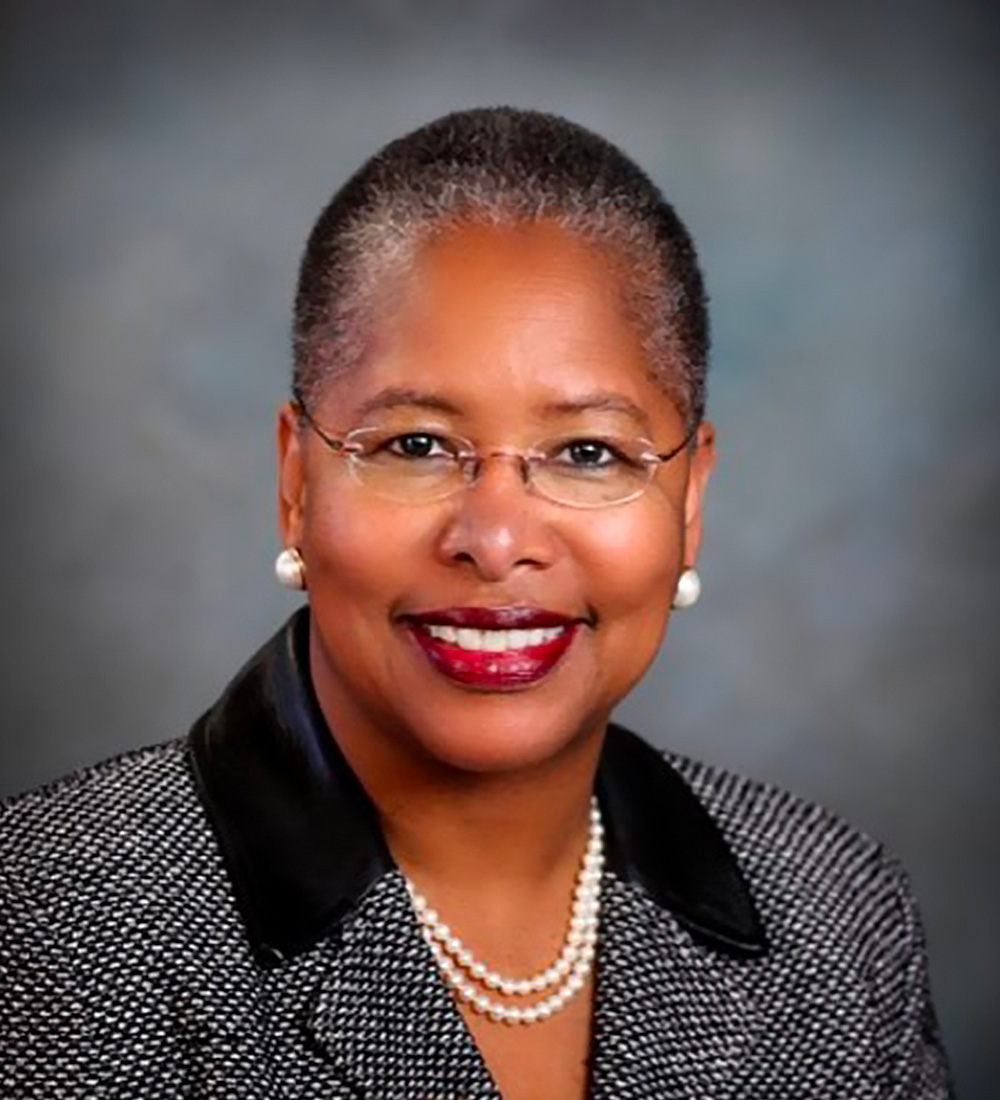
President & CEO, African Diaspora Consortium
USA
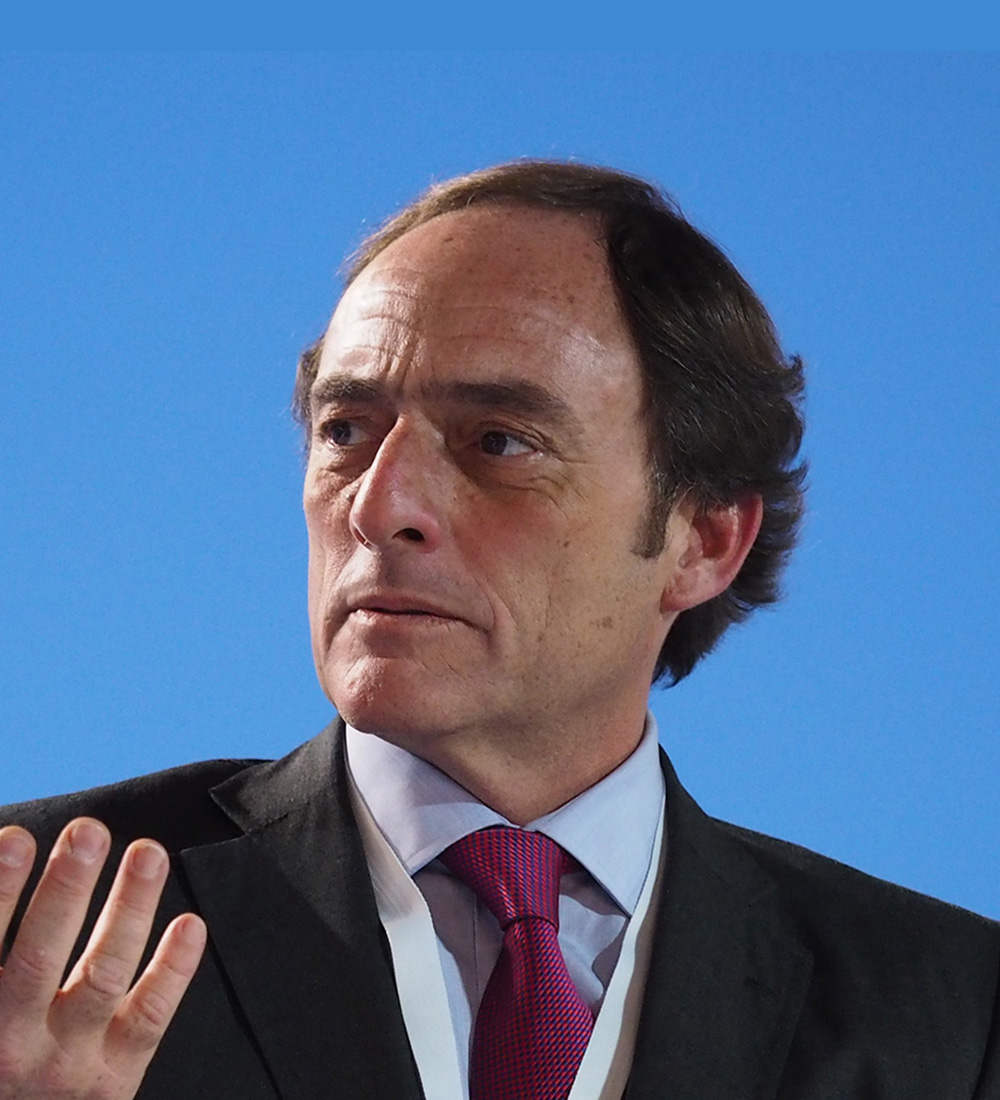
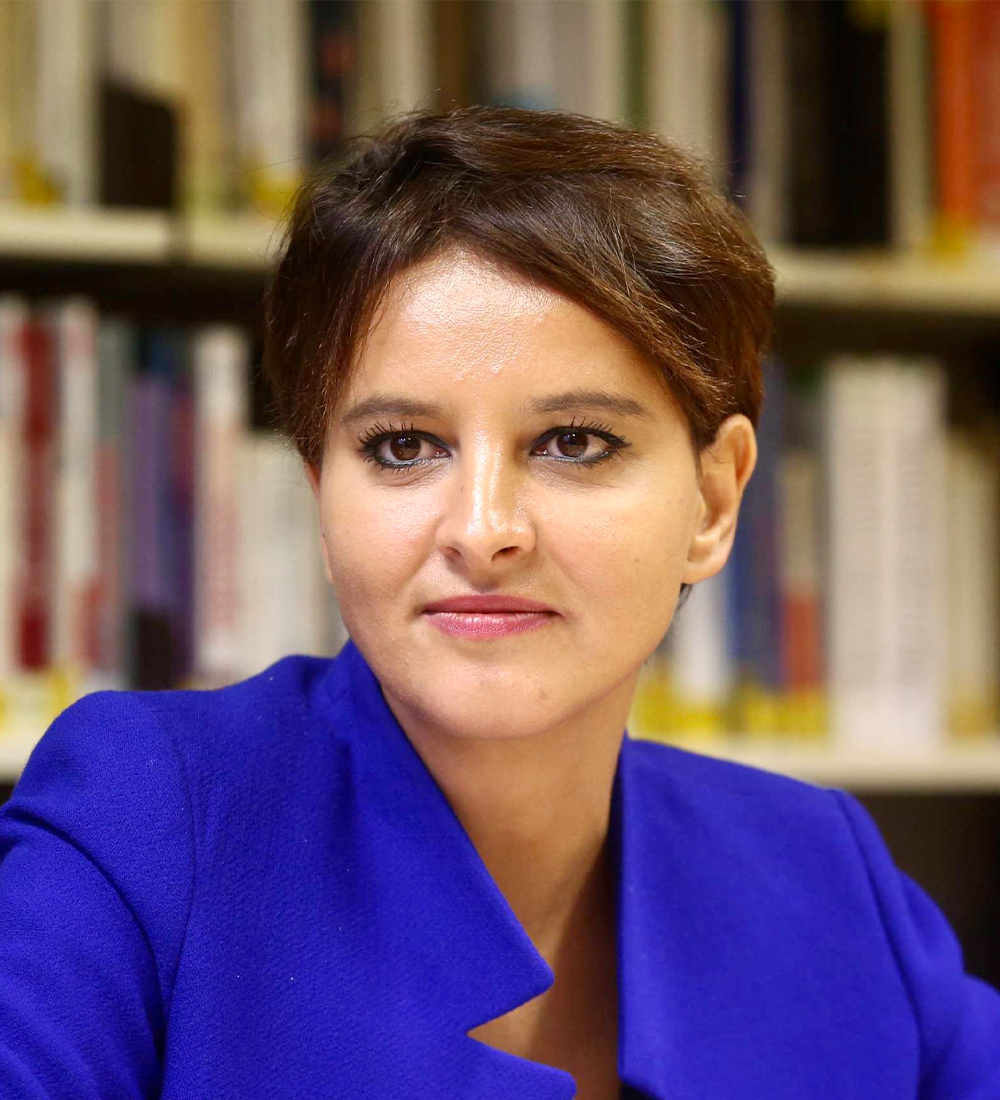
Smart infrastructure can play a key role in shaping Africa’s economic transformation and sustainable development. As digitalization, urbanization, and climate challenges accelerate, Africa’s infrastructure needs to evolve beyond traditional models toward smart, connected systems. By integrating advanced technologies like AI, and data-driven solutions, governments and private sector players can unlock new opportunities for mobility, energy efficiency, and public services. This plenary session will highlight investment strategies, the role of public-private partnerships, and the importance of regulatory frameworks to enable innovation and resilience, while diving into key projects, financing tools, and collaborative models that can drive inclusive growth across the continent.
Questions:
- How can smart infrastructure initiatives align with Africa’s sustainable development goals and foster regional connectivity?
- What role can public-private partnerships play in financing and scaling smart infrastructure projects?
- How can policymakers address risks related to digital infrastructure, data governance, and cybersecurity?
Moderator

Vice President of News and Civic Dialogue, WHYY News
USA
Speakers

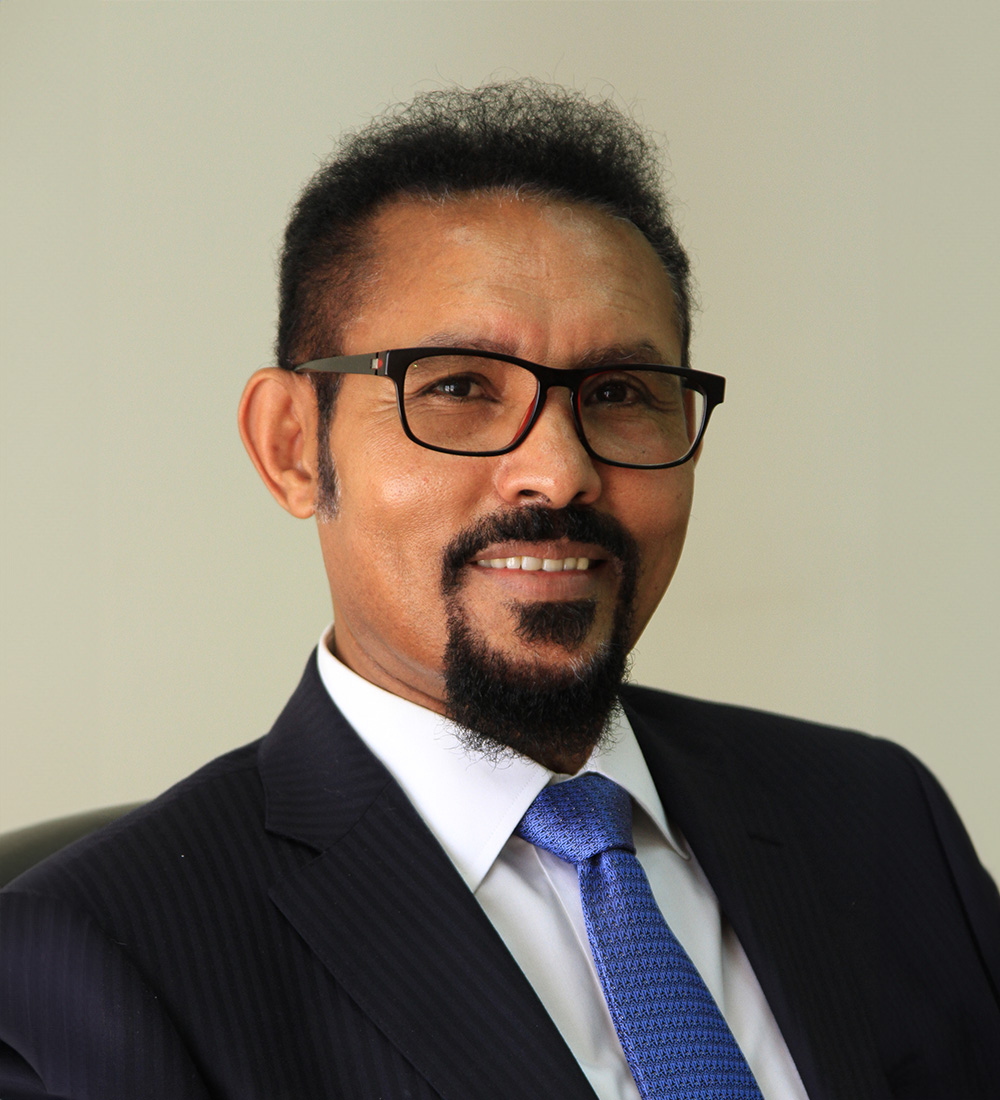
British Academy Global Professor, SOAS University of London
Ethiopia
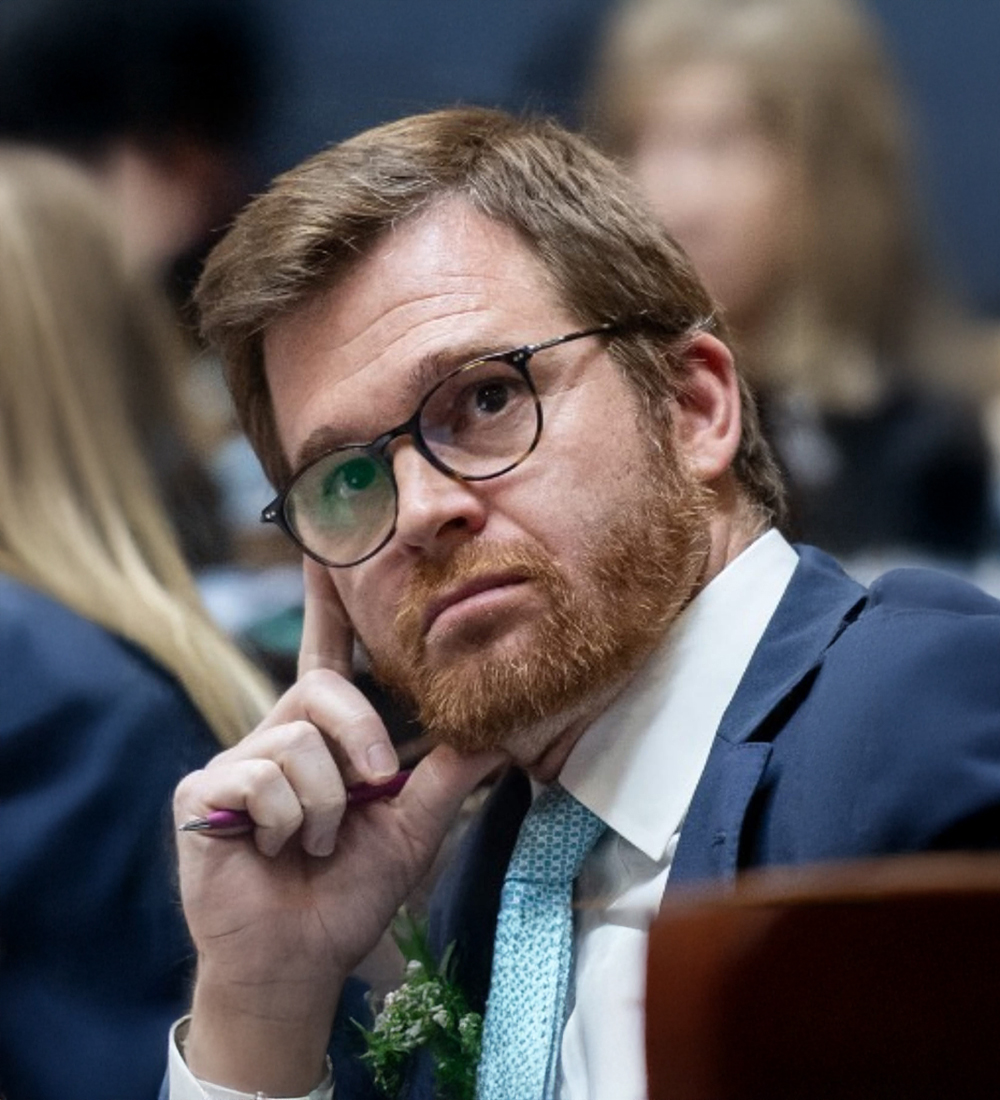
Member of National Congress
Argentina
The Wider Atlantic presents a unique and expansive framework for fostering cooperation among regions with shared histories, interlinked economies, and mutual challenges. Spanning Africa, Latin America, the Caribbean, North America, and Europe, this concept emphasizes interconnectedness and collaboration to address pressing global issues, such as climate change, economic diversification, and demographic transformations.
This broad vision of the Wider Atlantic offers an unparalleled opportunity to reimagine partnerships that go beyond traditional geopolitical silos. It facilitates dialogue and action that prioritize inclusive economic growth, sustainable development, and innovation. By embracing this framework, countries within the Wider Atlantic can deepen trade relations, drive technological advancements, and collectively shape governance models that reflect shared priorities.
The session will explore how cooperation within this expansive space can foster transregional synergies, support sustainable economic models, and build resilience to global challenges. It will also address how the Wider Atlantic concept can redefine multilateral relations, offering a platform to build inclusive, equitable, and sustainable futures for all member regions.
Questions:
- How can the Wider Atlantic cooperation promote innovative and sustainable economic strategies across regions?
- What mechanisms can enhance trade, investment, and technological collaboration within the Wider Atlantic space?
- What governance models are needed to ensure that the Wider Atlantic partnership effectively addresses common challenges while respecting regional specificities?
Moderator

Speakers

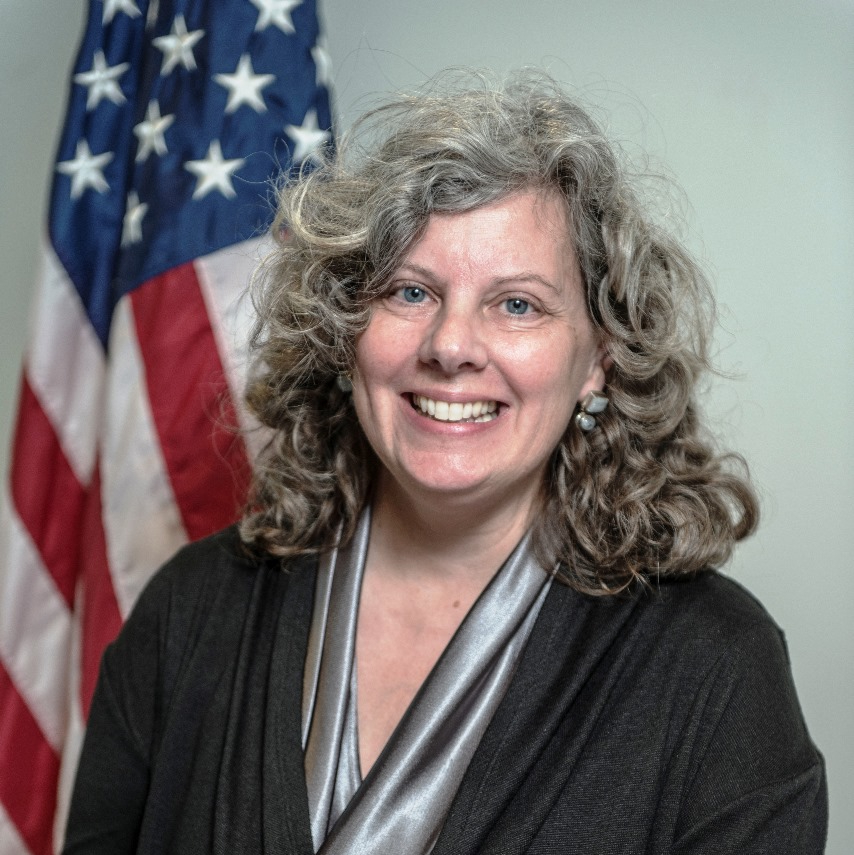
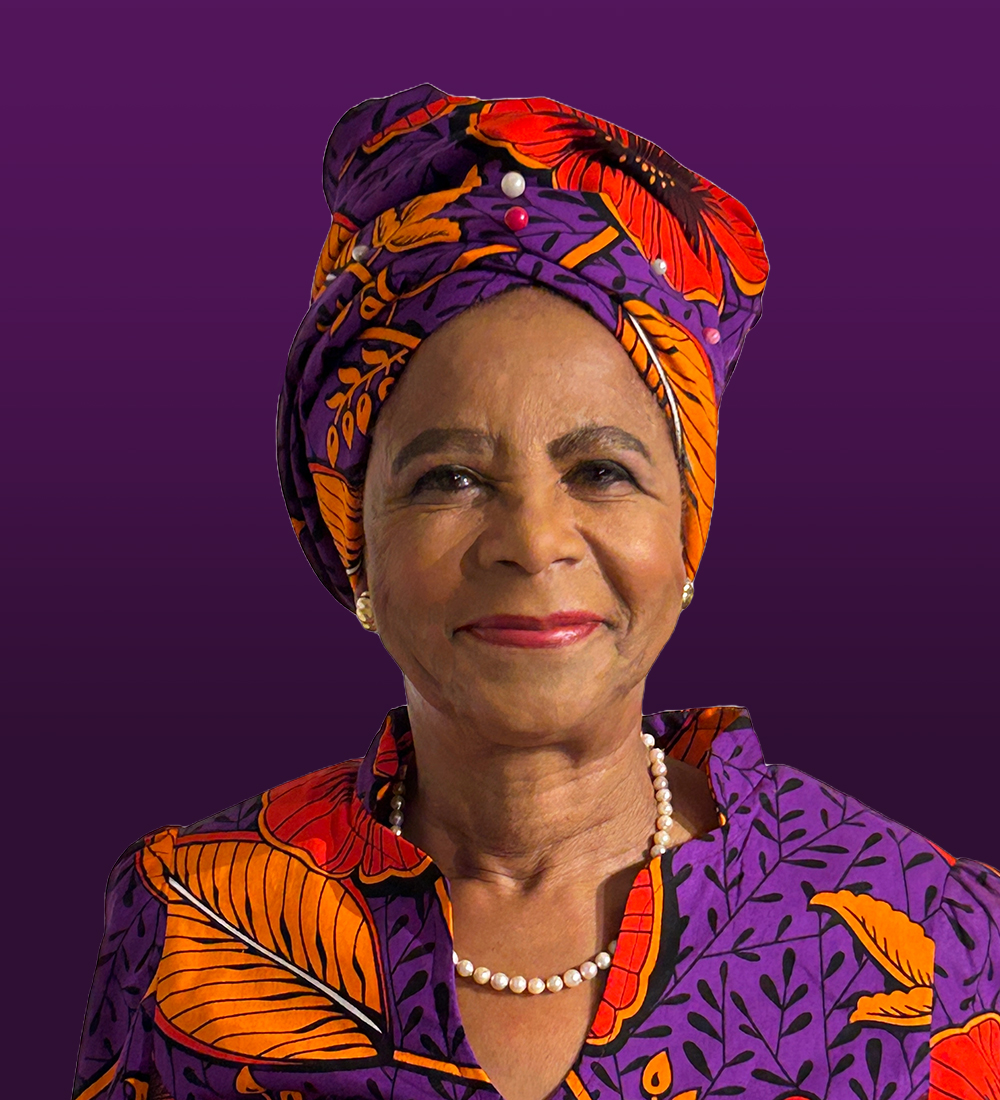
1- Tech for Good: Innovating for Sustainable Development -
2- Africa – Latin America: Enhancing South-South Trade and Cooperation
3- Addressing Climate Change: Impacts and Challenges in the Mediterranean Region
4- The Opportunities and Challenges of Mobility and Migration in the Wider Atlantic
5- Commonwealth & Francophonie: What Legacy for Africa? (English and French)
6- Is Industrial Policy the Ultimate Cure for Economic Challenges?
7- Investing in Connectivity: Infrastructure Corridors from Africa to Europe
8- Shaping the Future: The Role of Youth in Political Transformation
9- Stratégie de Désenclavement du Sahel vers l’Atlantique (Français)
10- The Economics and Geopolitics of Critical Minerals
11- The New Powers in the Sahel and Private Military Companies
12- Post-Elections: Charting the Future of the US Agenda in Africa
13- The Agricultural Dilemma: Sovereignty vs Globalization
14- Rebuilding After Conflict: Economic Recovery and Stability in Fragile States
15- Middle East Conflict: A Future of Endless Instability?
The increased needs for development financing have highlighted the limitations of the global financial architecture. In recent years, international fora and multilateral stakeholders have recognized the necessity of a comprehensive reform of both multilateral development banks (MDBs) and the International Monetary Fund (IMF), along with strengthening domestic resource mobilization and improving capital markets in developing economies. Reforms are underway: the World Bank has broadened its mandate to prioritize climate action, and the IMF now views climate as a macro-critical issue linked to financial stability. MDBs have also introduced financial innovations, such as balance sheet optimization and hybrid capital, to expand their financial reach.
Yet, as these institutions evolve, concerns are growing that the strong focus on climate could overshadow broader development financing needs in areas like education, health, and infrastructure, creating a potential trade-off between climate and other essential development priorities. In response, developing countries and practitioners are increasingly pushing for agendas that emphasize country-driven sustainable development platforms. They seek to ensure that the new architecture supports comprehensive development needs without sidelining critical priorities. This session will explore these dynamics, questioning whether the financing gap stems from a lack of bold ideas or the inability to implement them effectively, and discuss how to balance climate and development financing goals to drive impactful, holistic growth.
Questions:
- What are the main barriers hindering the translation of bold development ideas into effective, large-scale action?
- How can country-driven sustainable development platforms shape translate into a more efficient global financial architecture?
- What role can the MDBs and the IMF play to foster a strong leadership behind these platforms?
Moderator
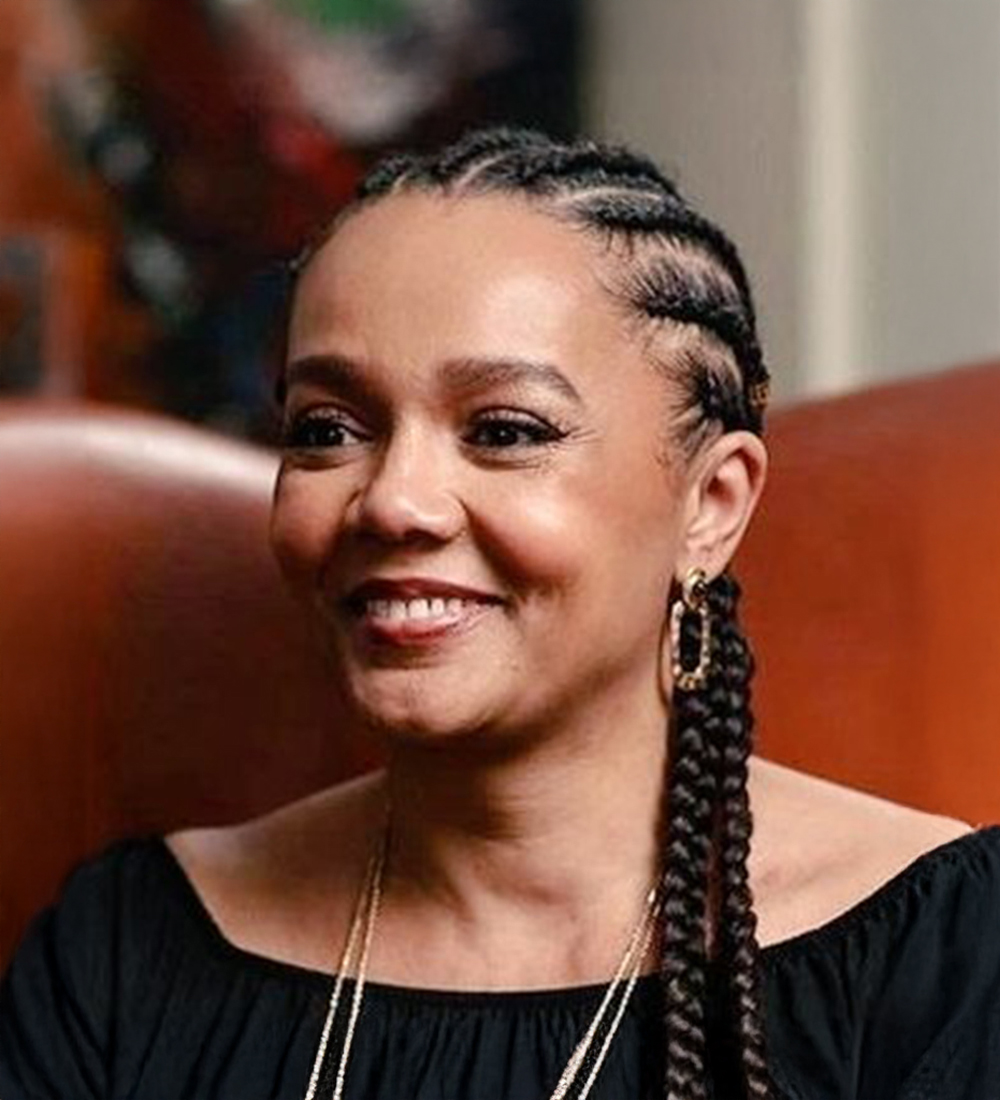
Speakers
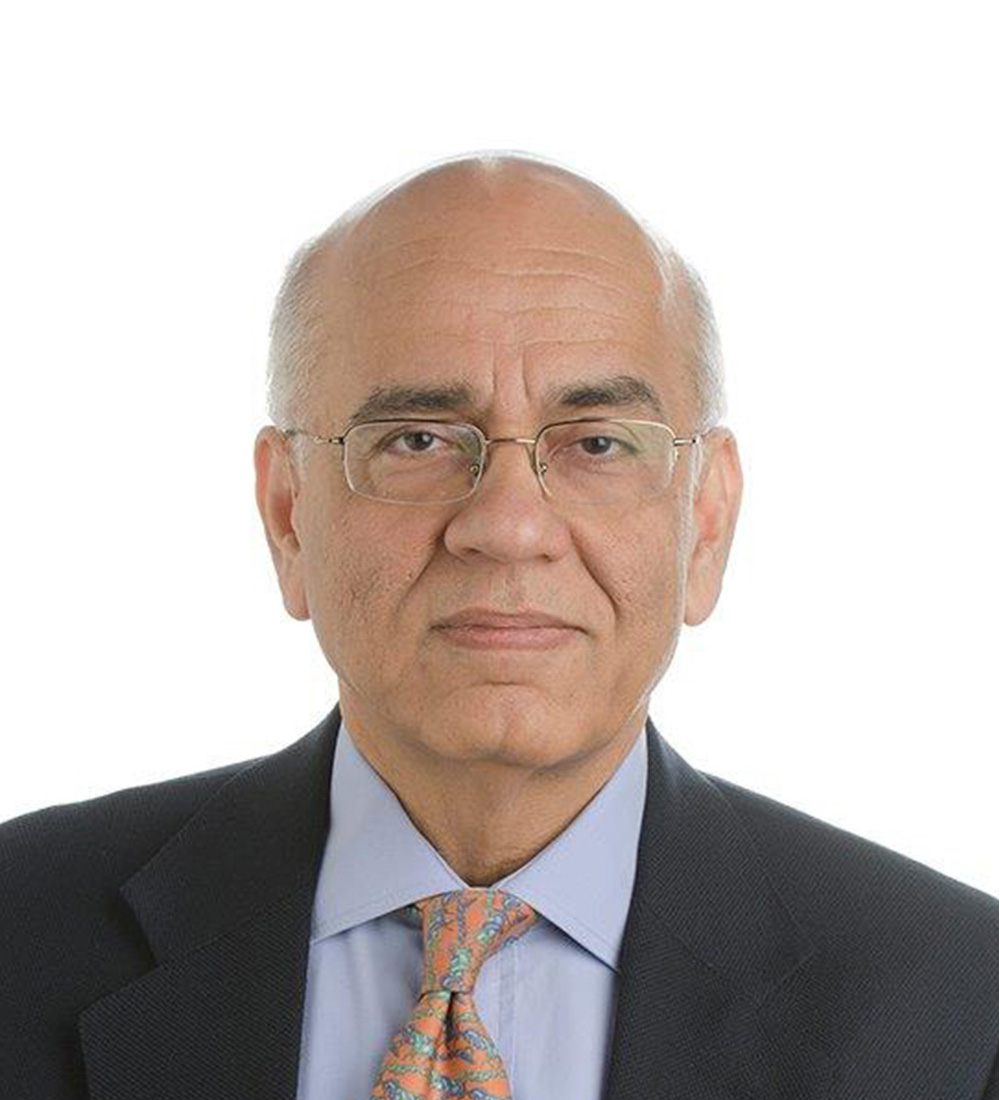

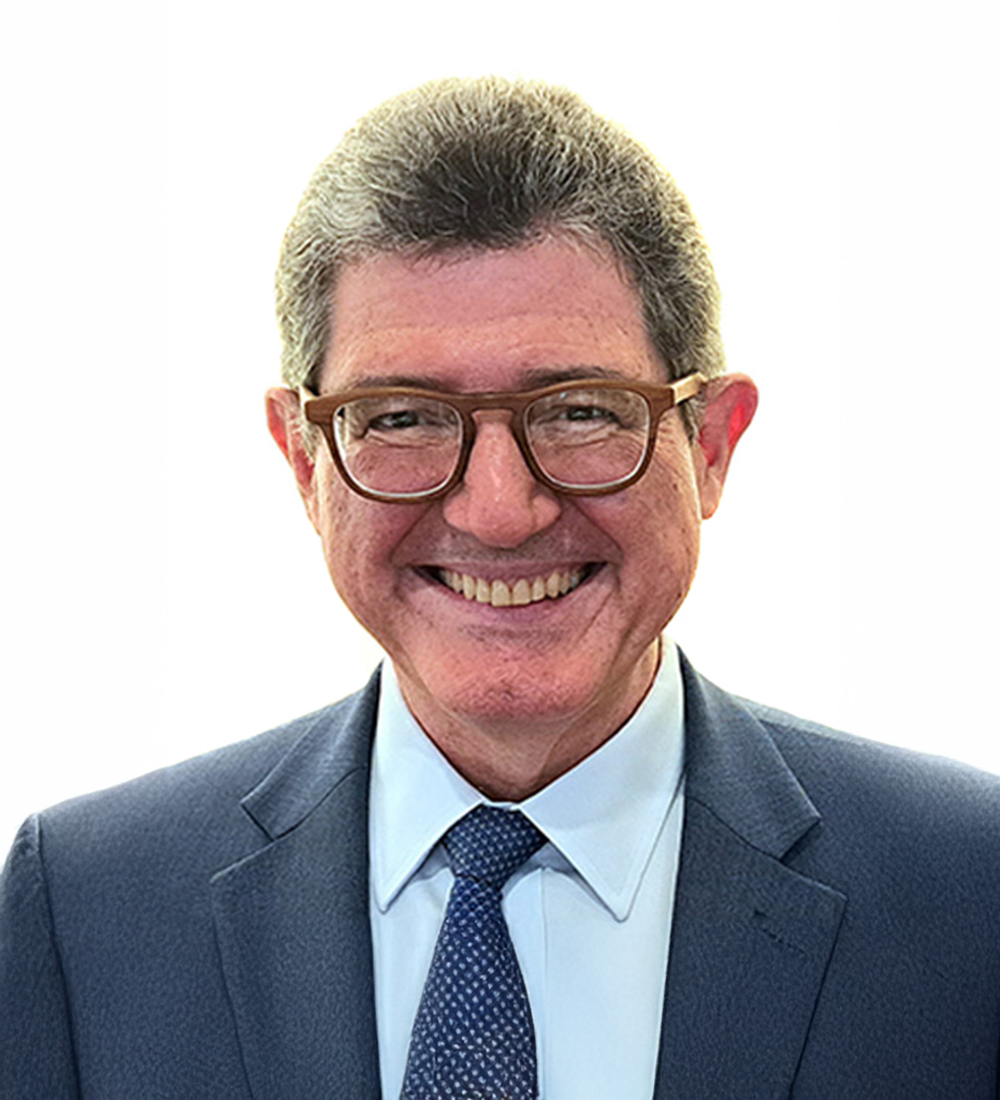
Director for Economic Strategy and Market Relation, Banco Safra
Brazil
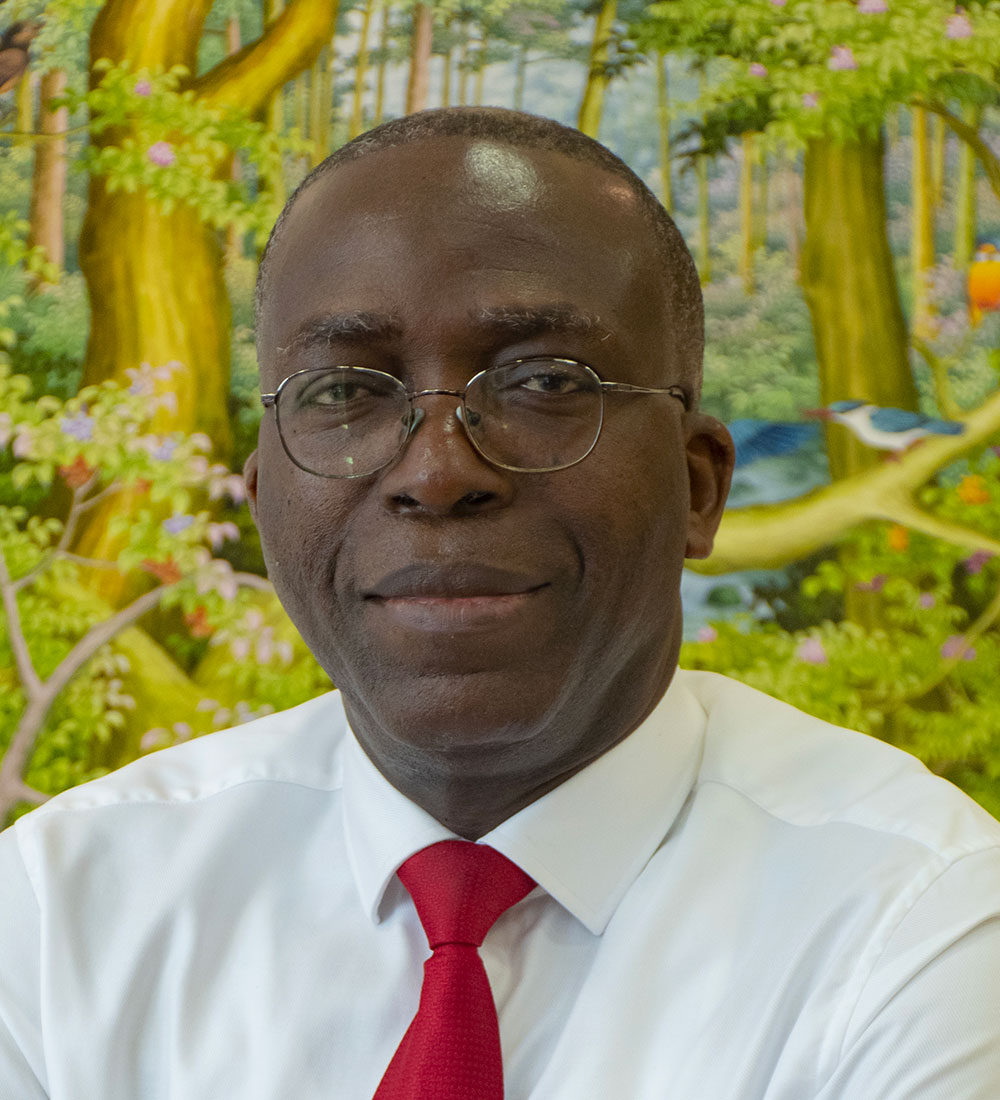
Chairman of the Board, Congo Challenge
DRC
In the past years, the number of conflicts involving states has seen a significant rise. This surge highlights the pressing need to reform existing security frameworks and build new mechanisms for multilateral cooperation. Despite challenges like violent extremism, the growth of armed groups, illegal fishing, maritime insecurity, and disputes over peacekeeping missions, the Atlantic and Red Sea regions still lack respective, unified security frameworks that address their specific issues and cover their full breadth. Current efforts focus on specific issues, revealing the need for more comprehensive frameworks with broader mandates.
This panel will examine the feasibility of creating a wider Atlantic security partnership and coordinating with existing mechanisms to stabilize the Red Sea.
Questions:
- What has driven the fragmentation of regional and global security efforts?
- What obstacles are existing regional cooperation frameworks facing in responding to contemporary security challenges?
- What are the prospects for establishing a wide security cooperation mechanism in the Atlantic and the Red Sea?
- Finally, how do such initiatives align with the UN’s calls for a more inclusive and networked multilateralism?
Moderator

Speakers
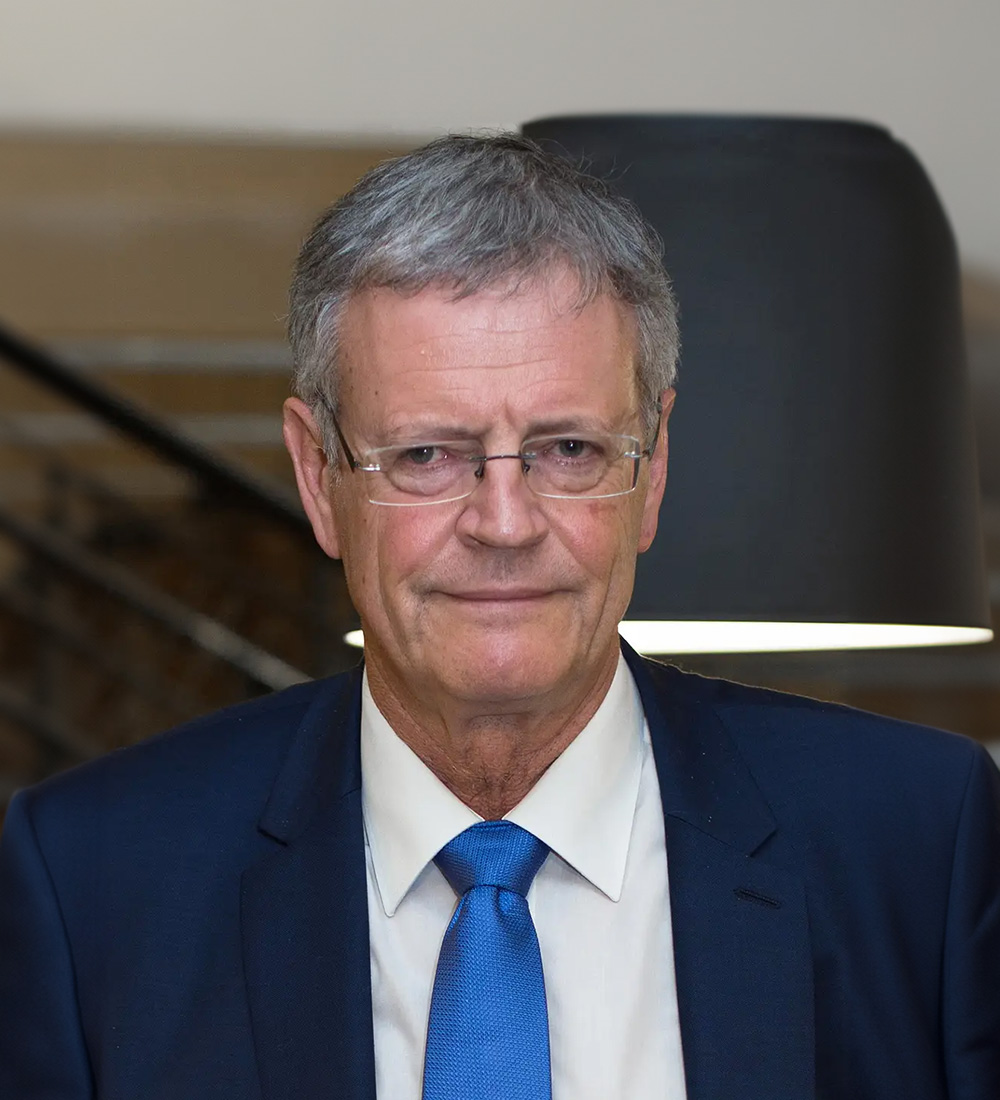
Director, The French Institute for International and Strategic Affairs
France
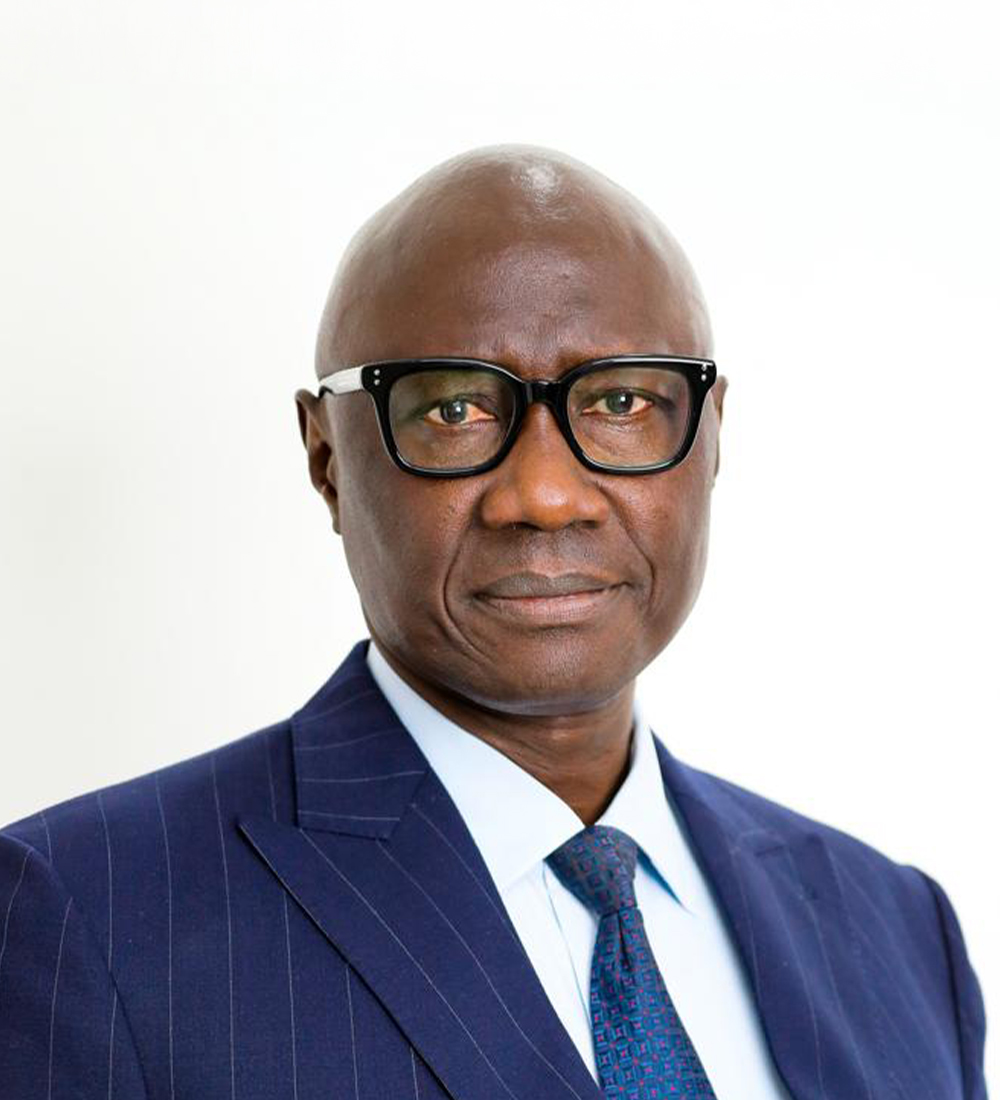
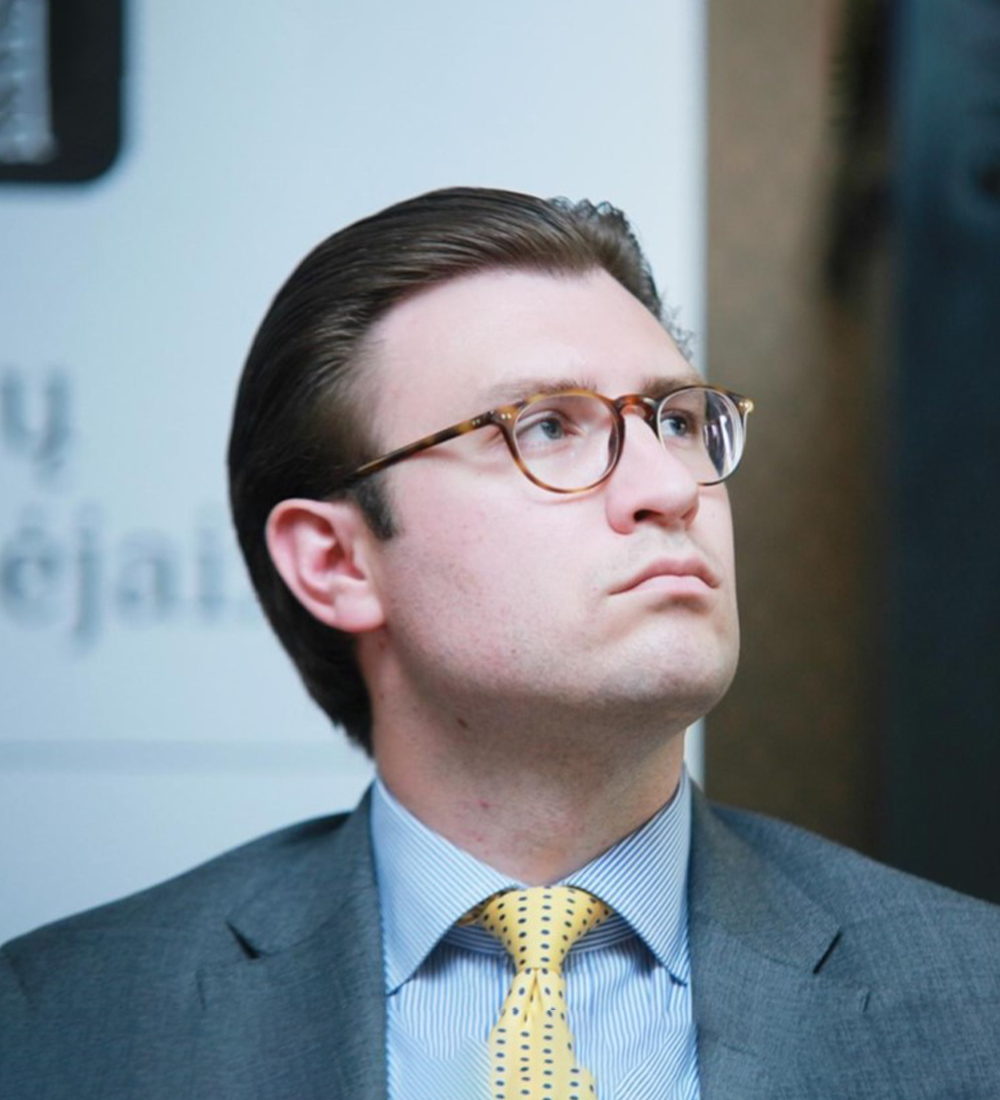
This session will explore how collaboration between think tanks from the South and North can enhance global governance in a world that is increasingly fragmented. As geopolitical tensions and economic divisions continue to grow, the need for dialogue that bridges regional gaps has become a critical priority for policymakers and experts alike. The discussion will focus on how partnerships between think tanks can offer more nuanced, inclusive responses to global challenges, ensuring that solutions consider the full range of perspectives and regional realities.
Through joint research, knowledge exchange, and policy development, North-South think tank cooperation has the potential to deliver more comprehensive solutions to pressing issues such as climate change, international security, and the transition to new technologies. The session will highlight real-world examples of these collaborations, demonstrating how think tanks can leverage their collective expertise to develop strategies that are both globally relevant and tailored to local needs.
Questions:
- How can think tanks from different regions overcome the challenges posed by differing political and economic priorities to form effective partnerships?
- How can collaboration between think tanks improve the inclusivity and effectiveness of policy solutions for pressing global issues?
- What are the critical factors that ensure the sustainability and long-term success of partnerships between think tanks from different regions?
Moderator

Global Affairs Analyst, CNN
USA
Speakers

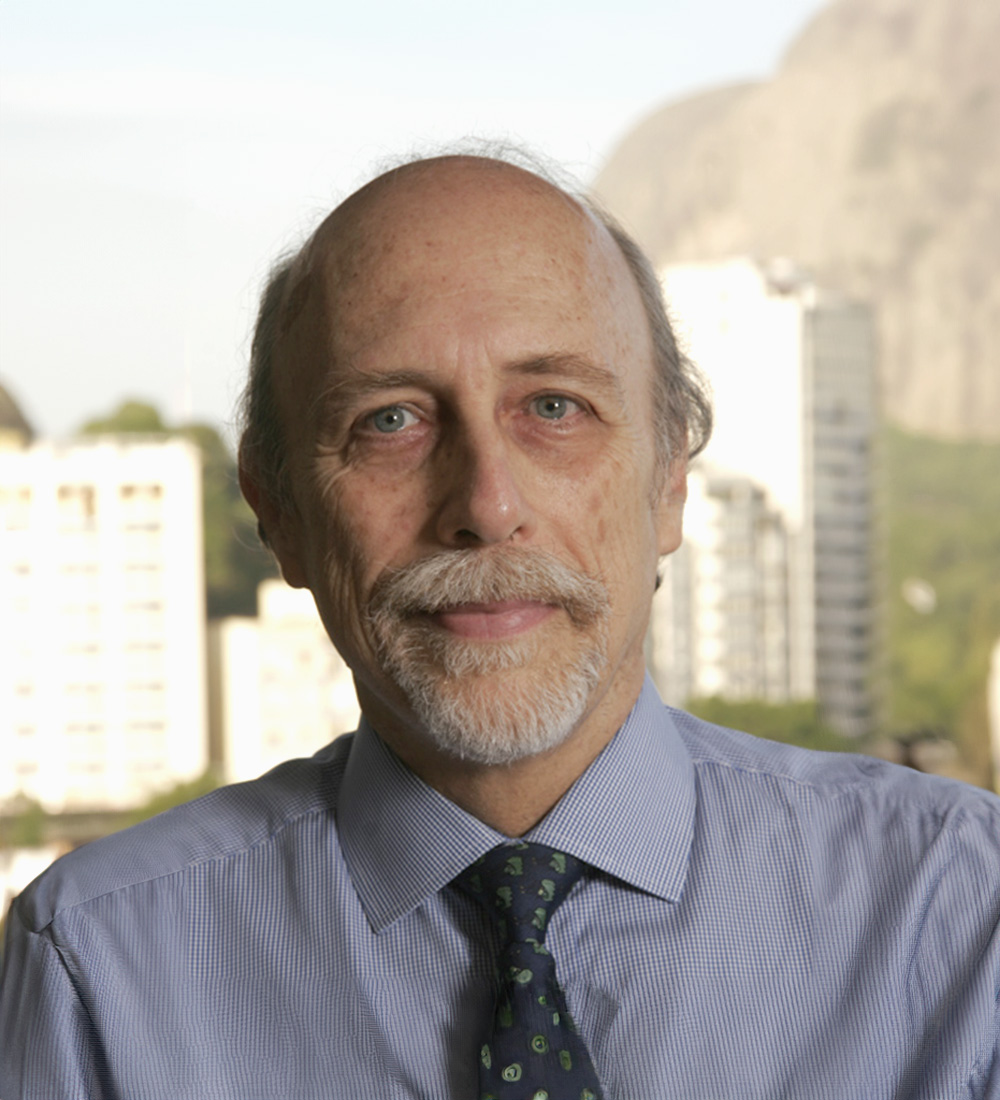
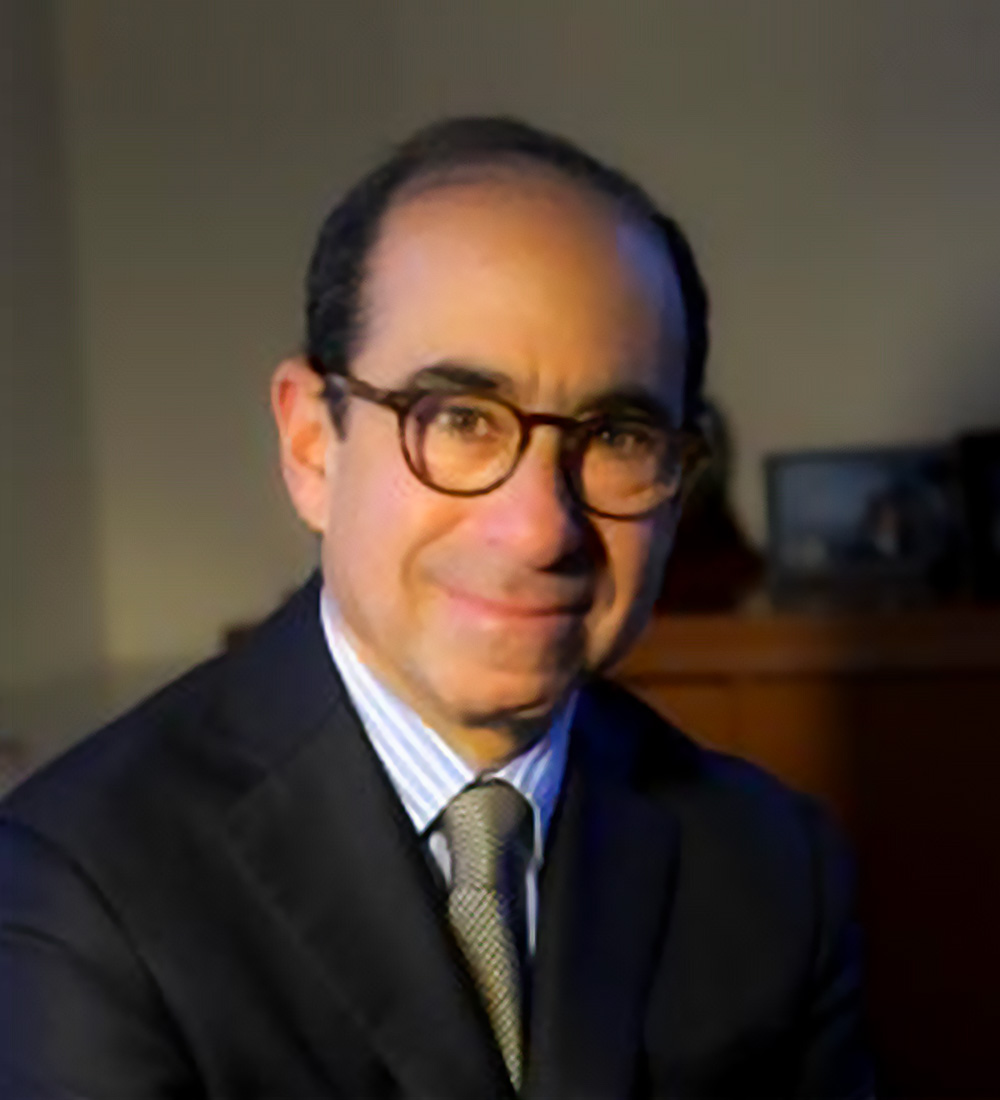
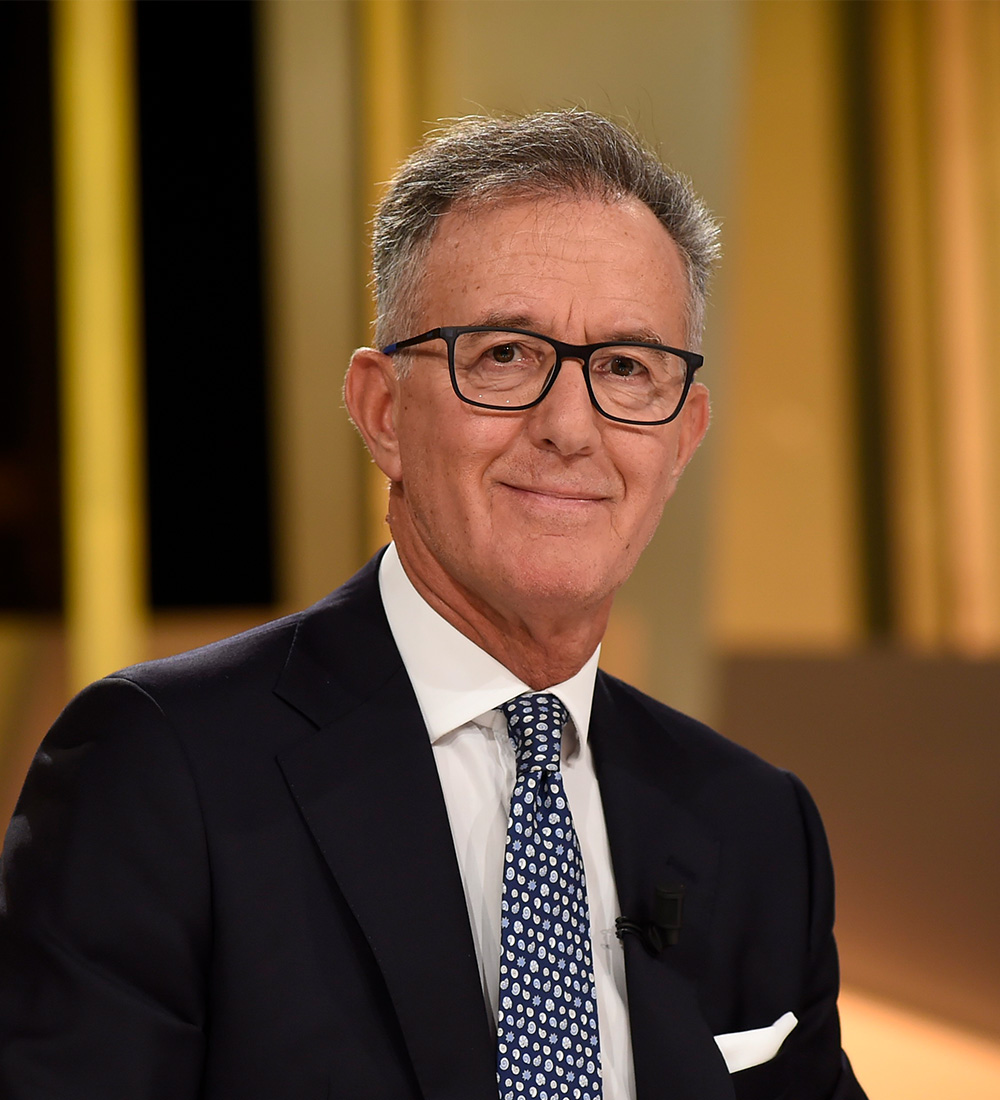
Executive Vice President, Italian Institute for International Political Studies
Italy
Each year, the closing plenary of the Atlantic Dialogues conference is dedicated to the Emerging Leaders, offering a unique platform for the younger generation of Atlantic leaders to articulate their perspectives on important topics. This session embodies the conference's commitment to fostering intergenerational dialogue and inclusivity within the realms of policy and leadership.
The Emerging Leaders session unfolds as a dynamic discussion: a unique blend of youth empowerment, visionary discourse, and innovative ideas. Notably, a democratic process is employed as the Emerging Leaders engage in a vote to select the peers who will represent them on the conference stage. This symbolic act not only reflects the democratic values upheld by the conference but also serves as a customary and poignant way to formally conclude the event. In essence, the Emerging Leaders session encapsulates the spirit of the Atlantic Dialogues, nurturing the next generation of leaders and fostering a collaborative environment where diverse voices contribute to shaping a more inclusive and forward-thinking Atlantic community.
Moderator

Speakers

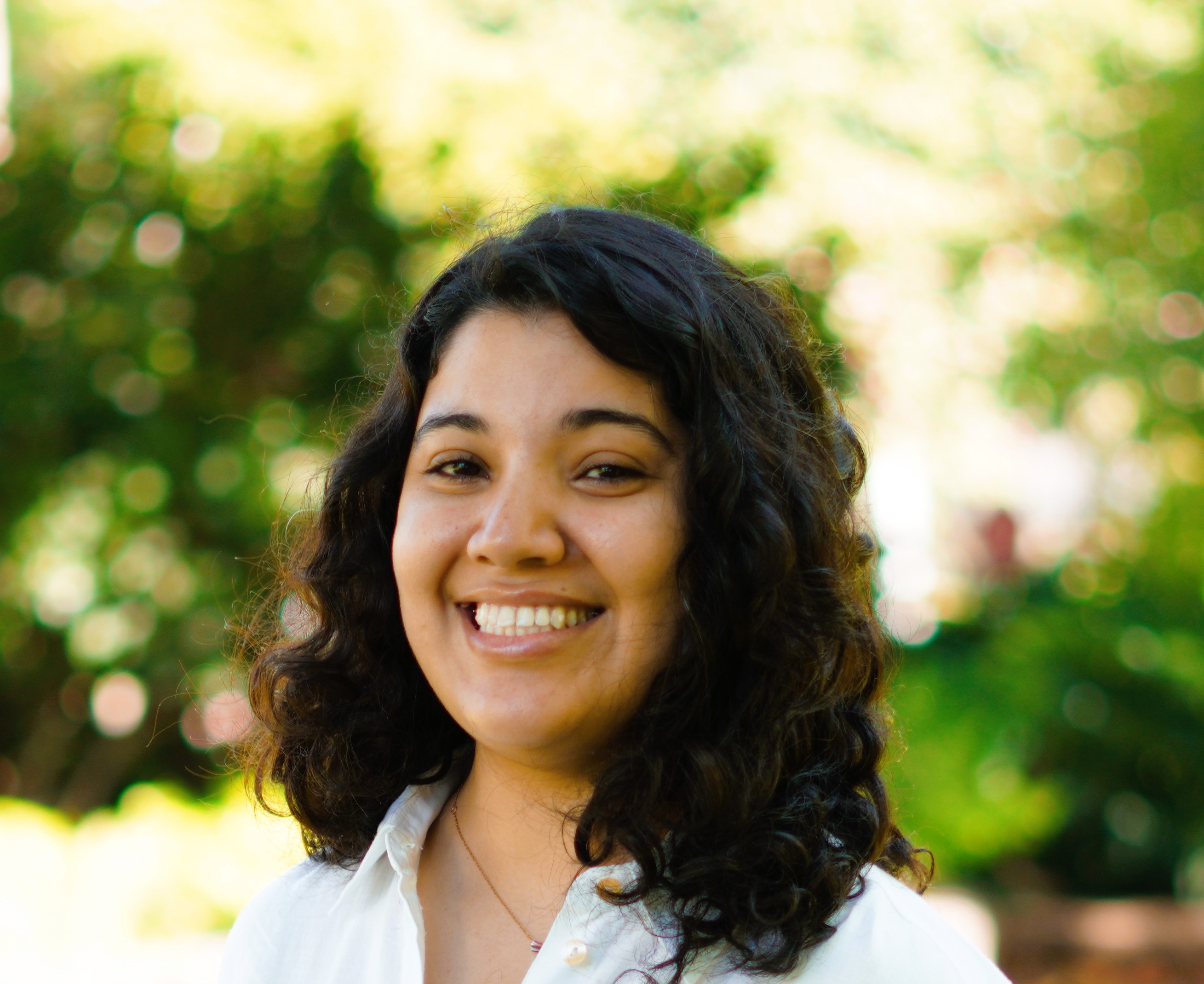
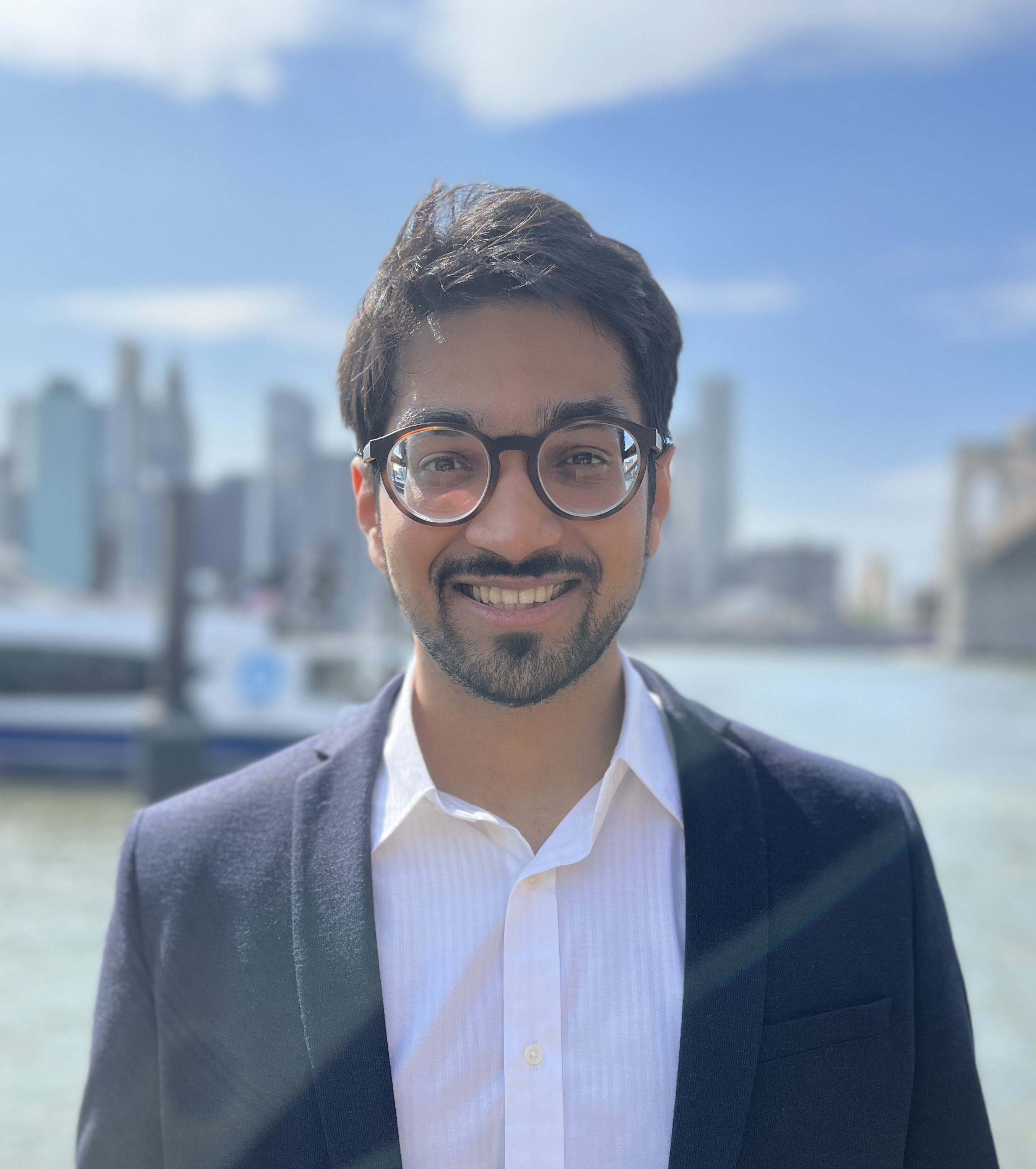
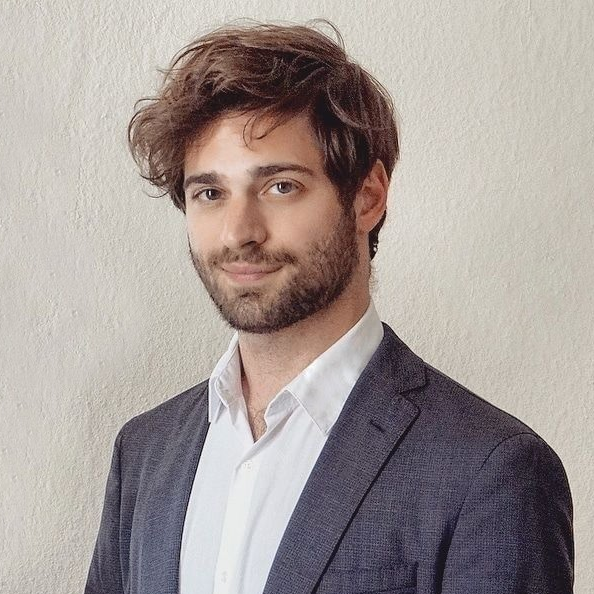

Moderator

Moderator
